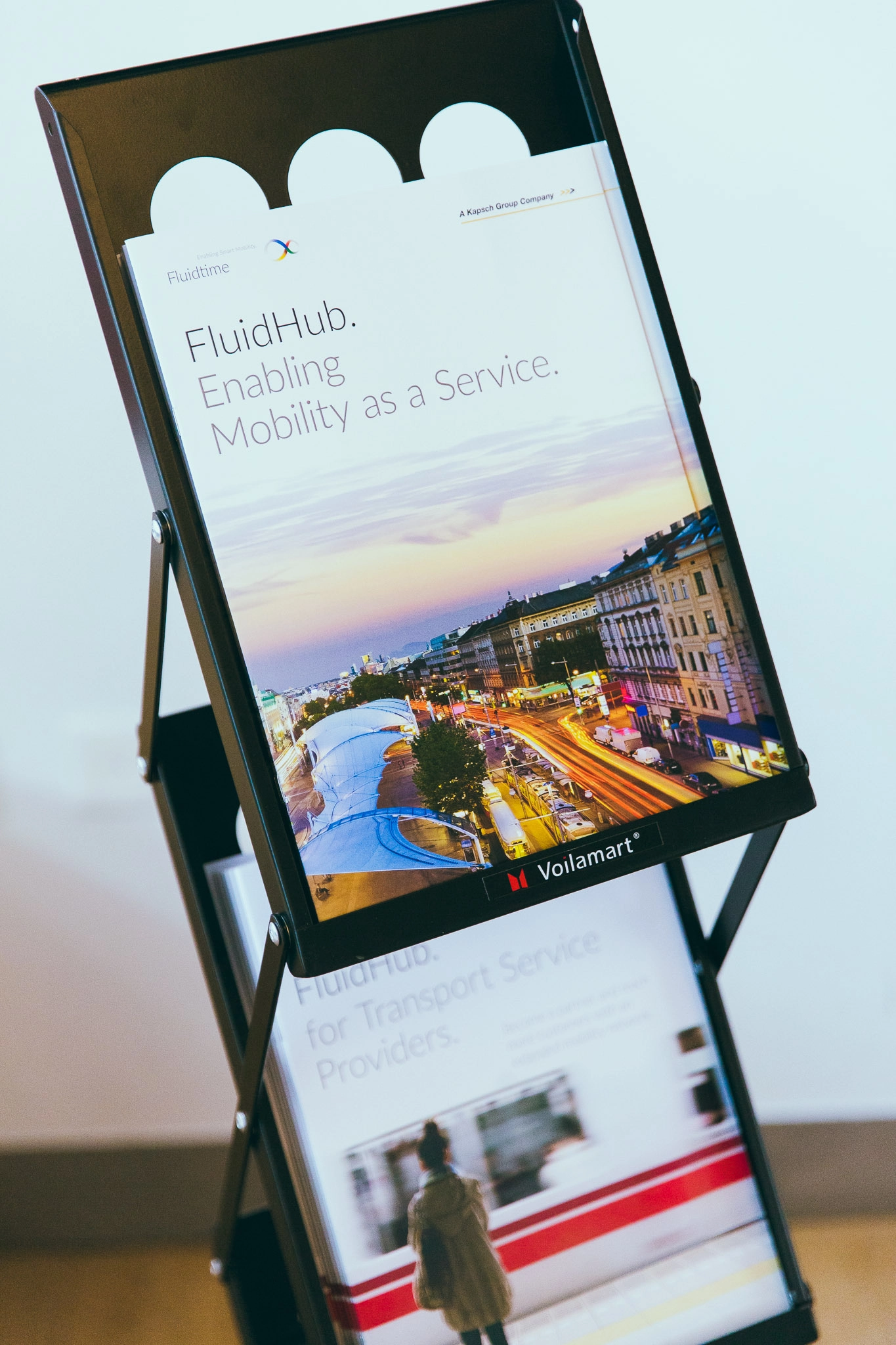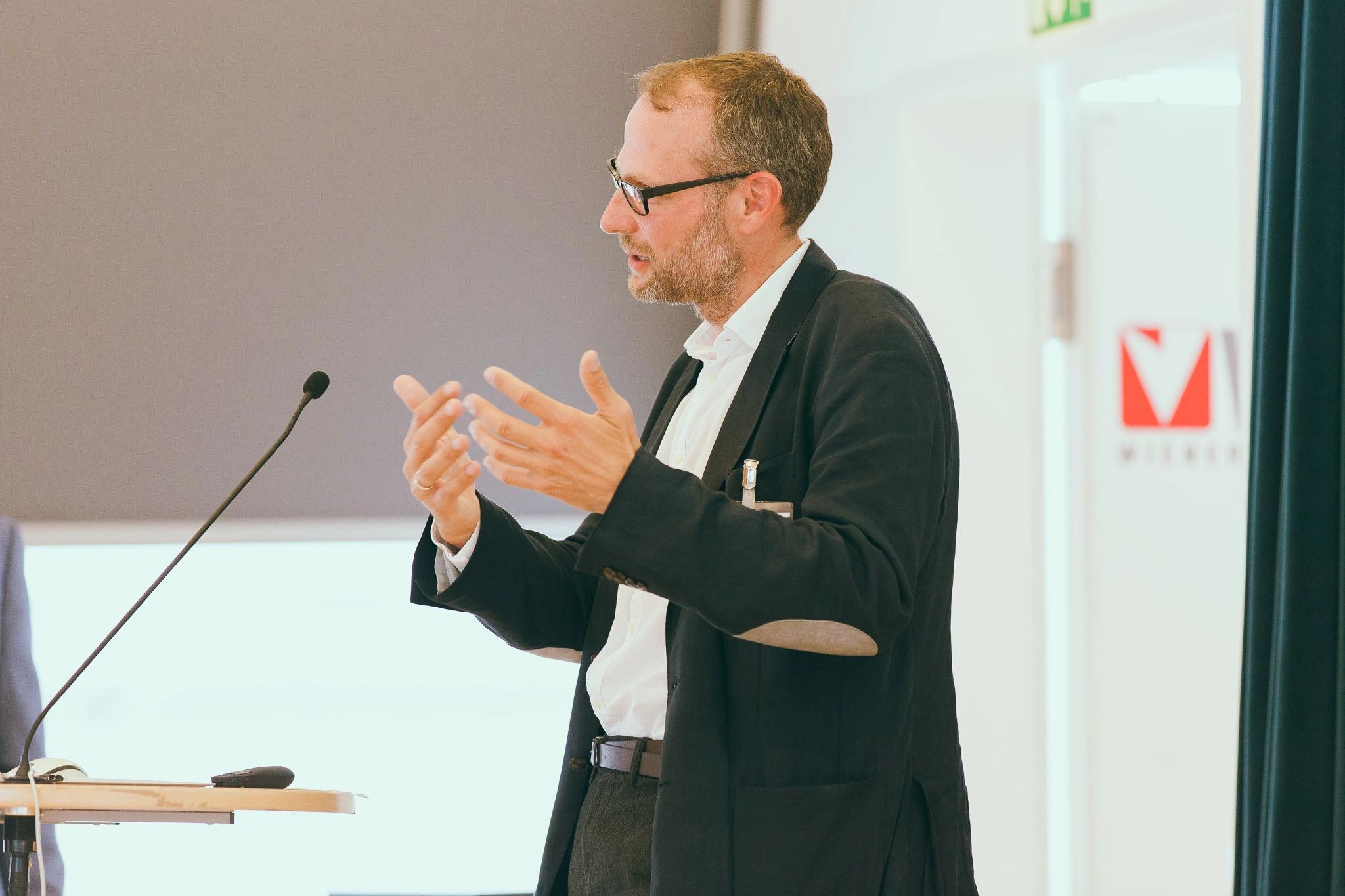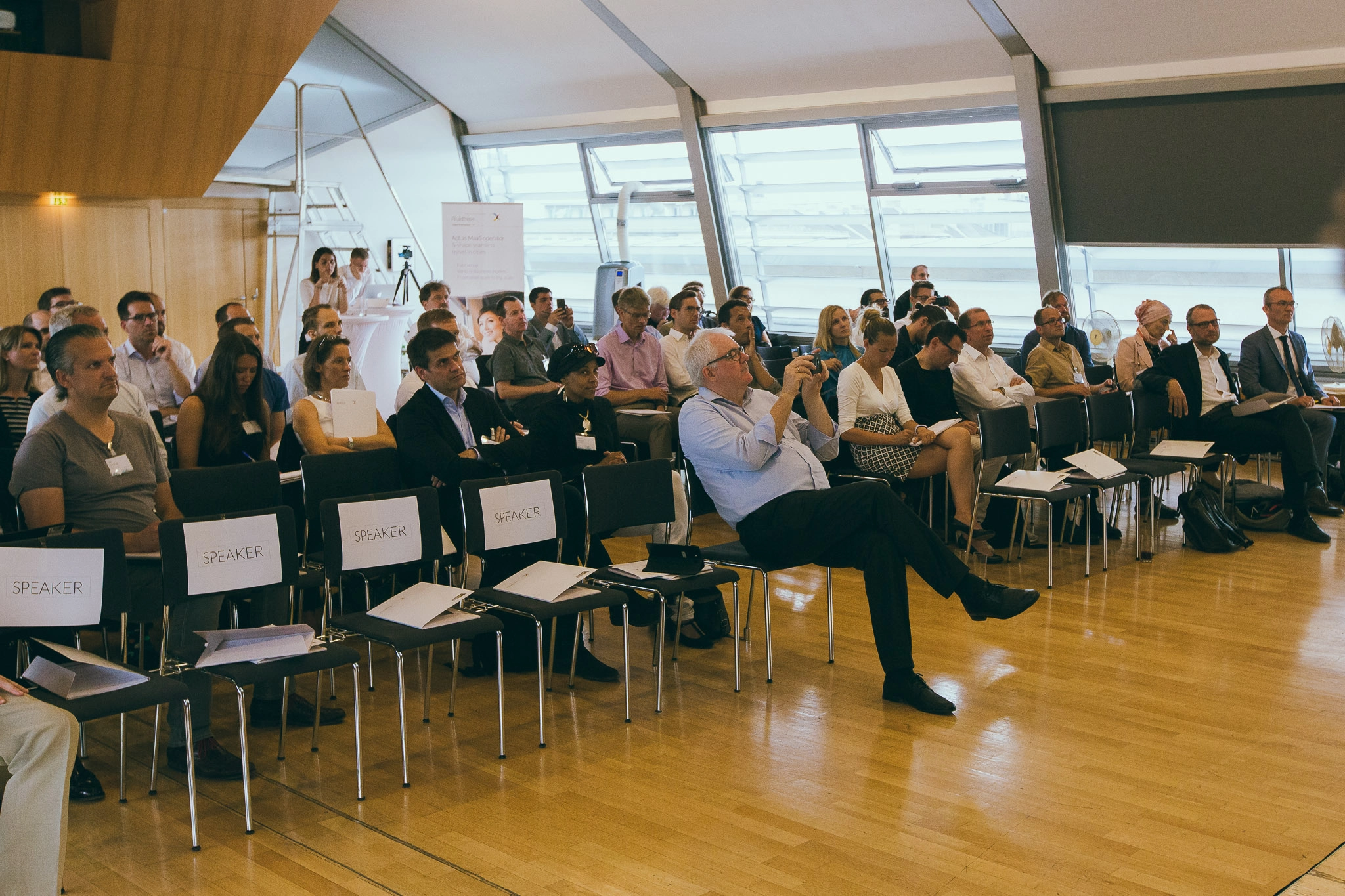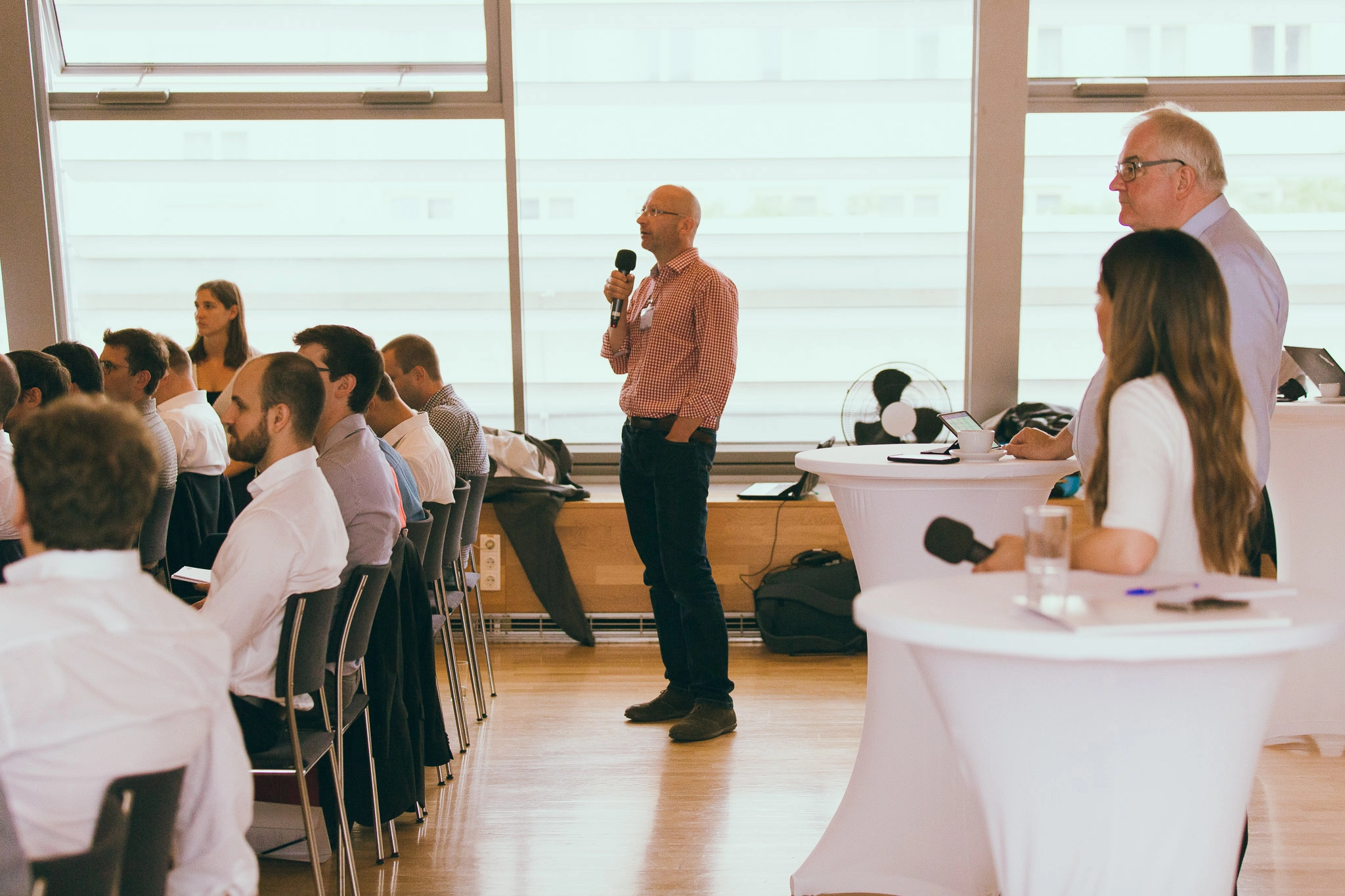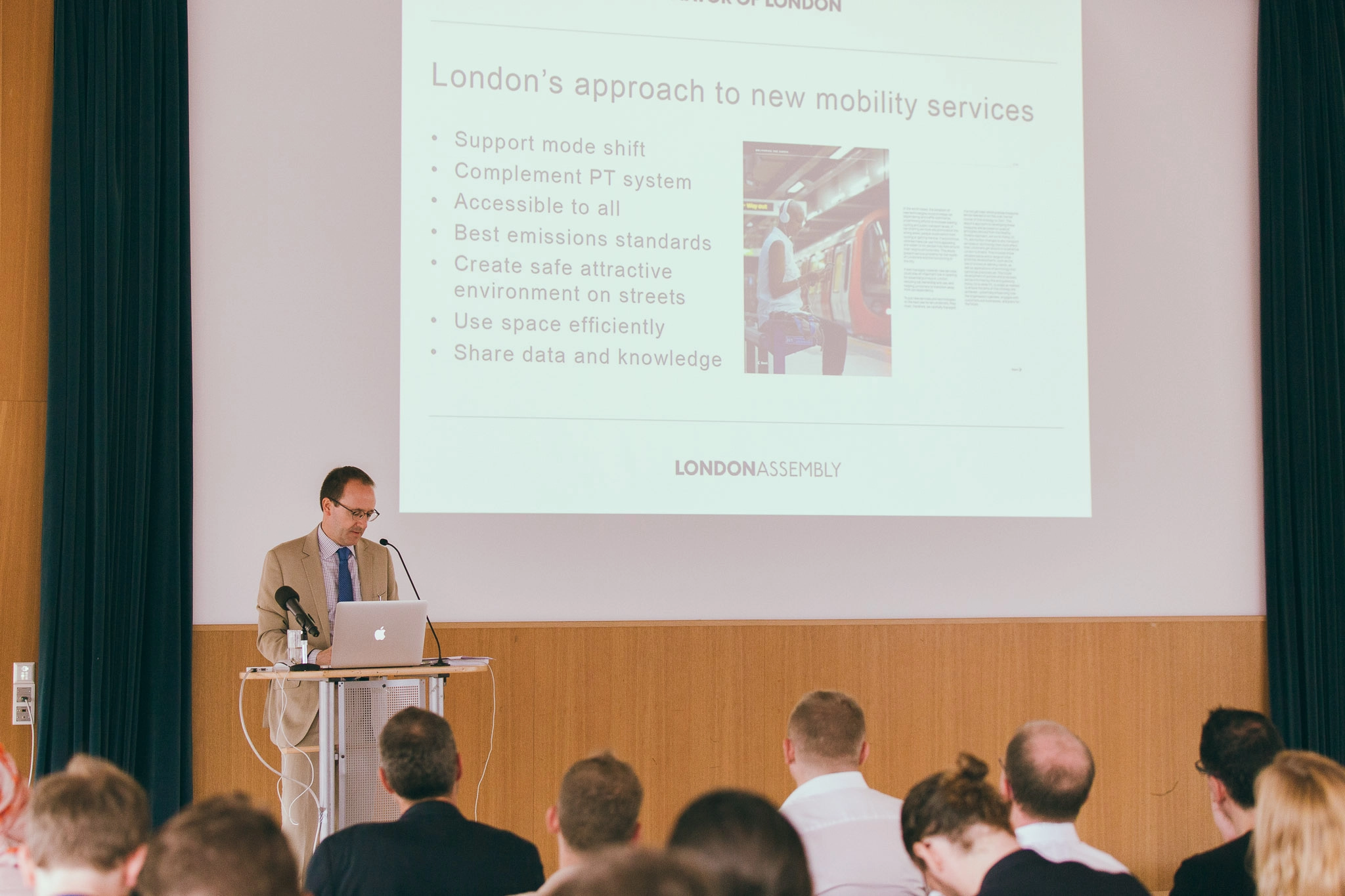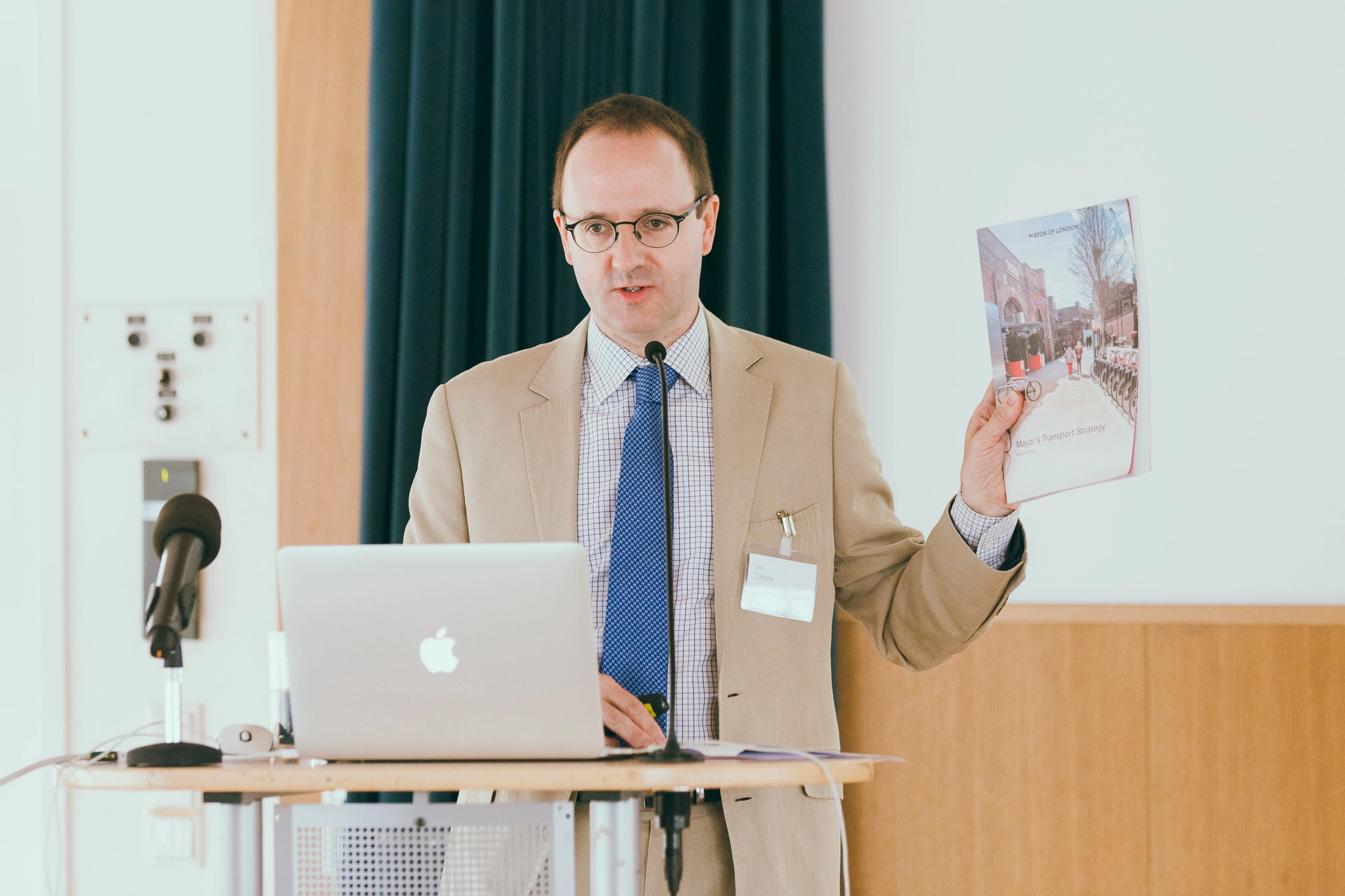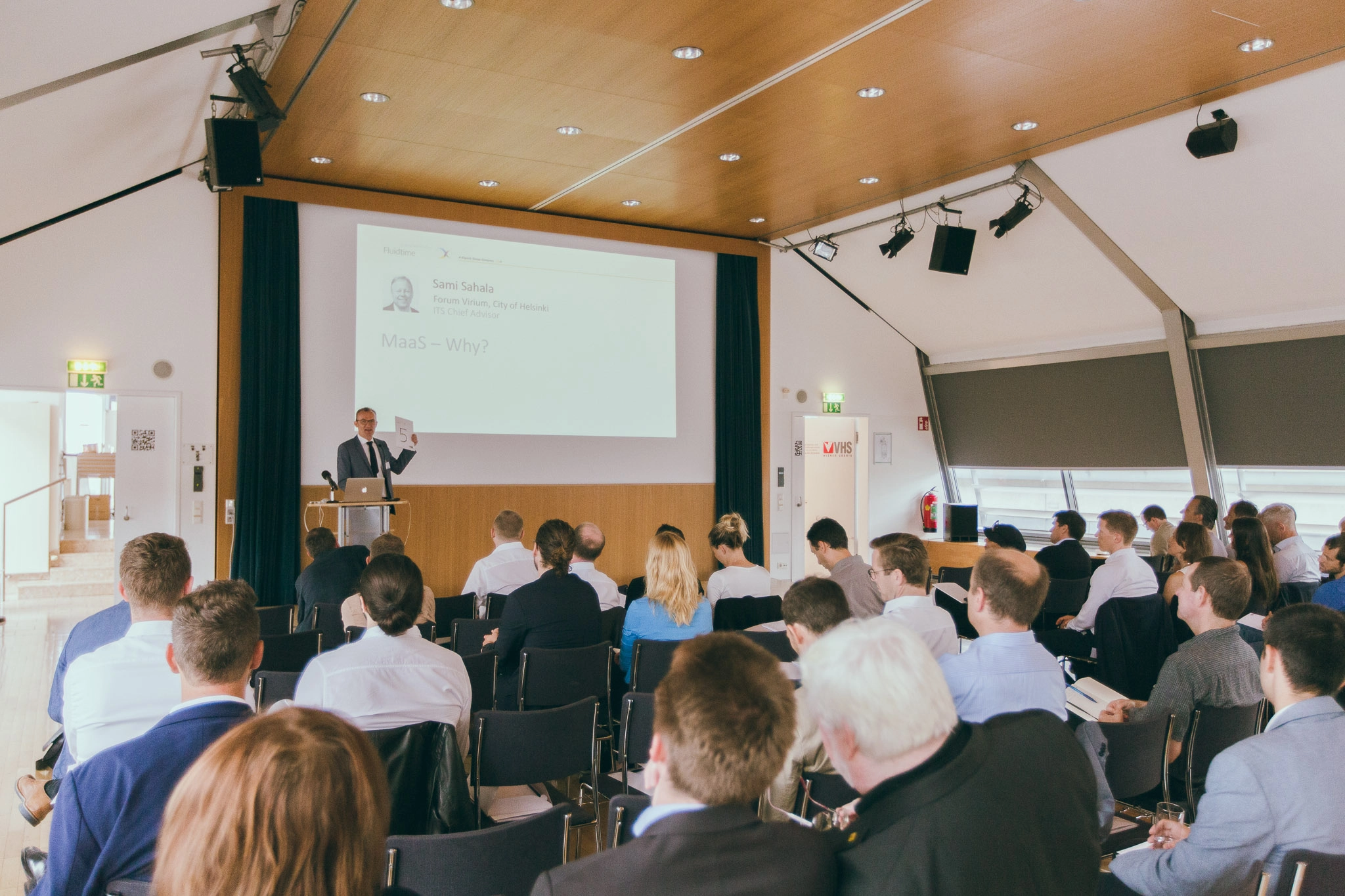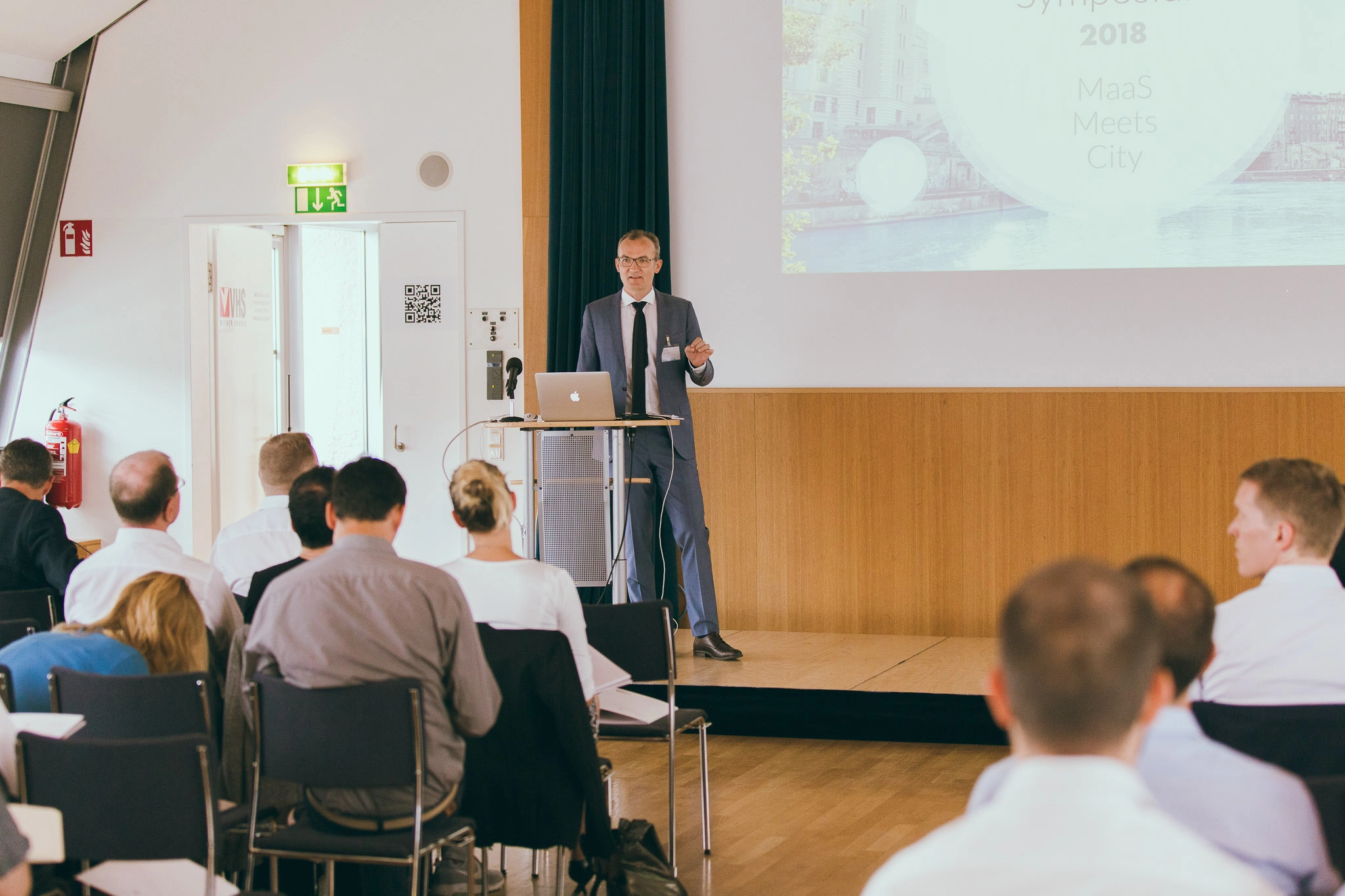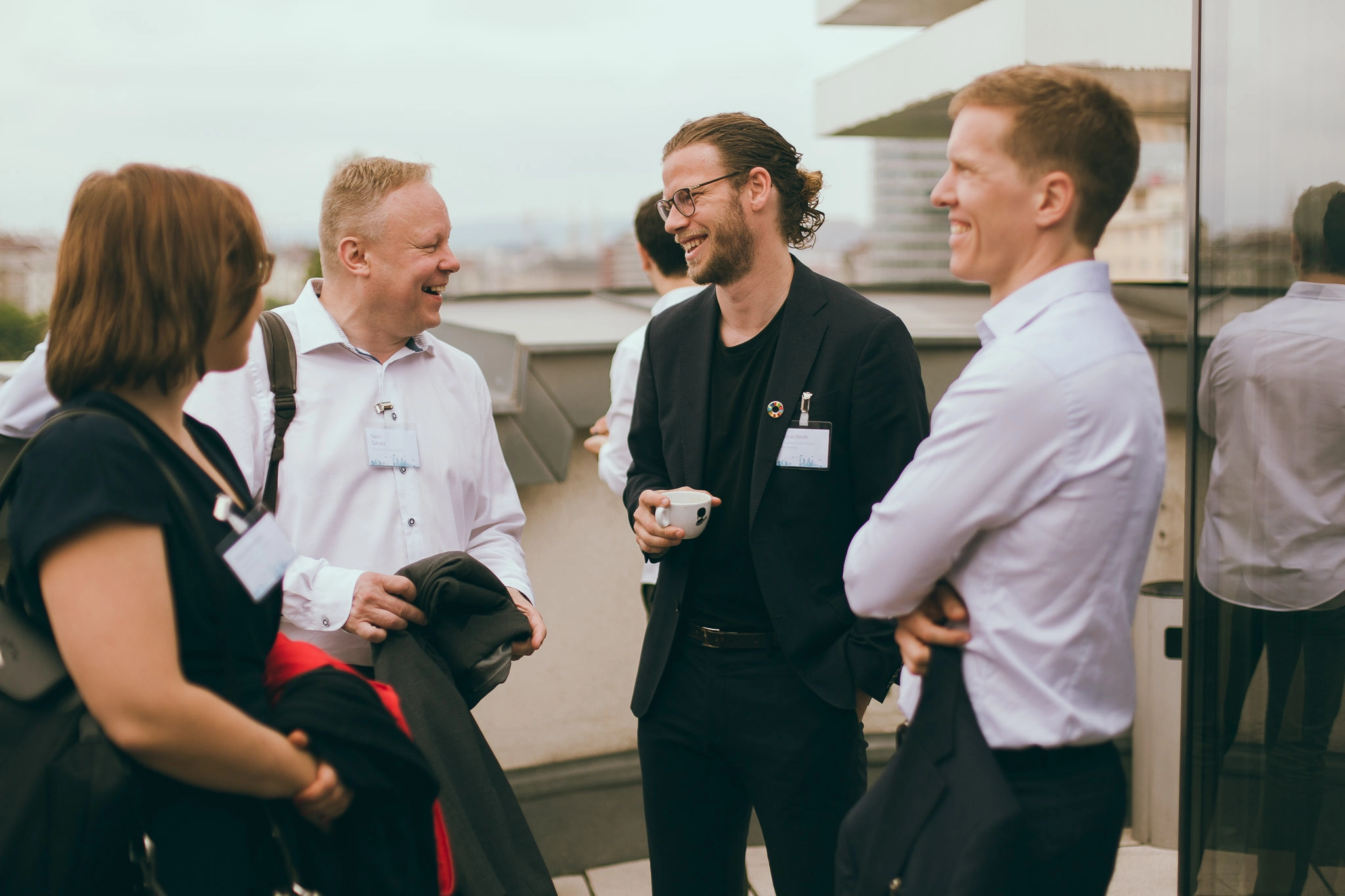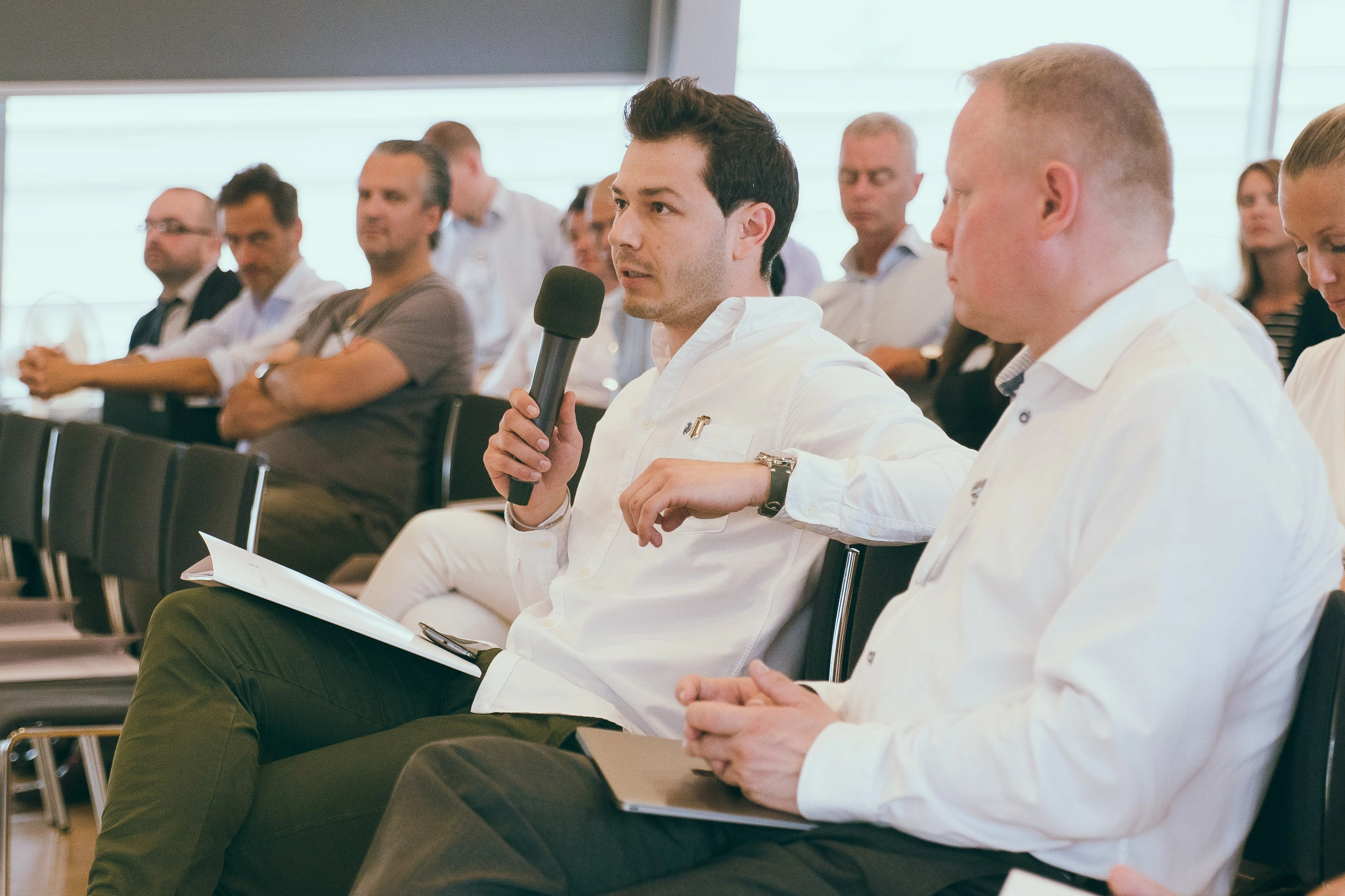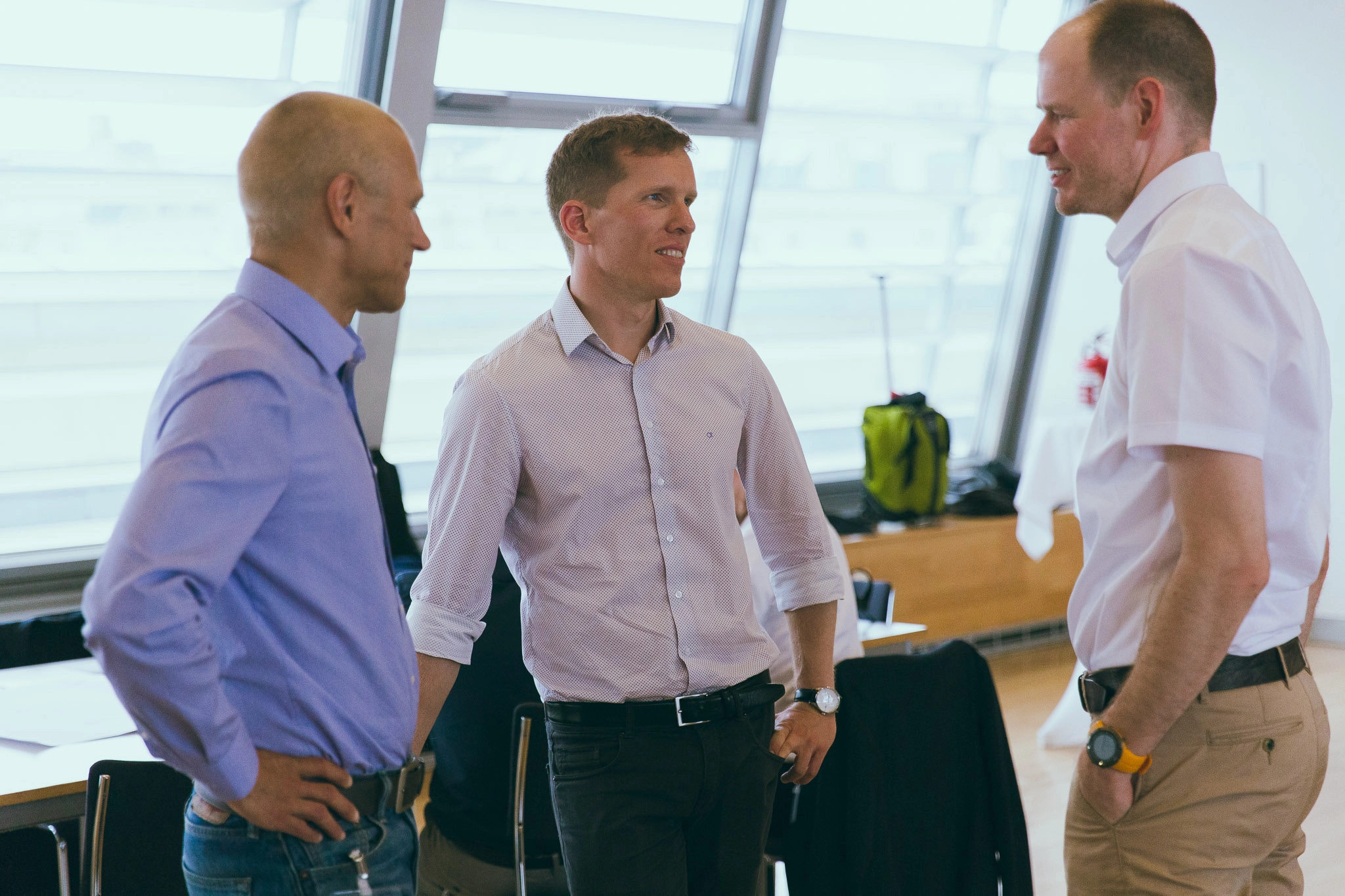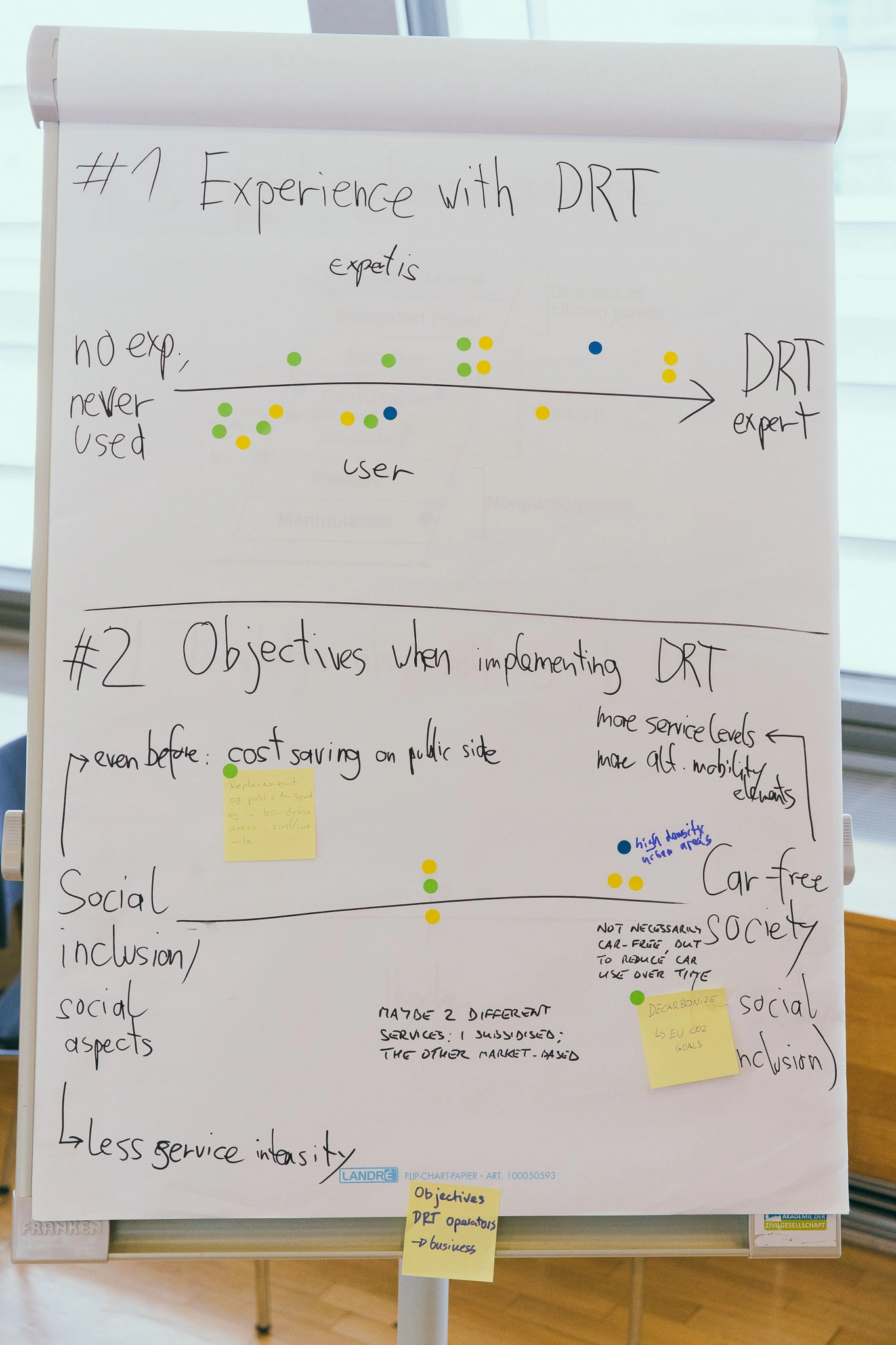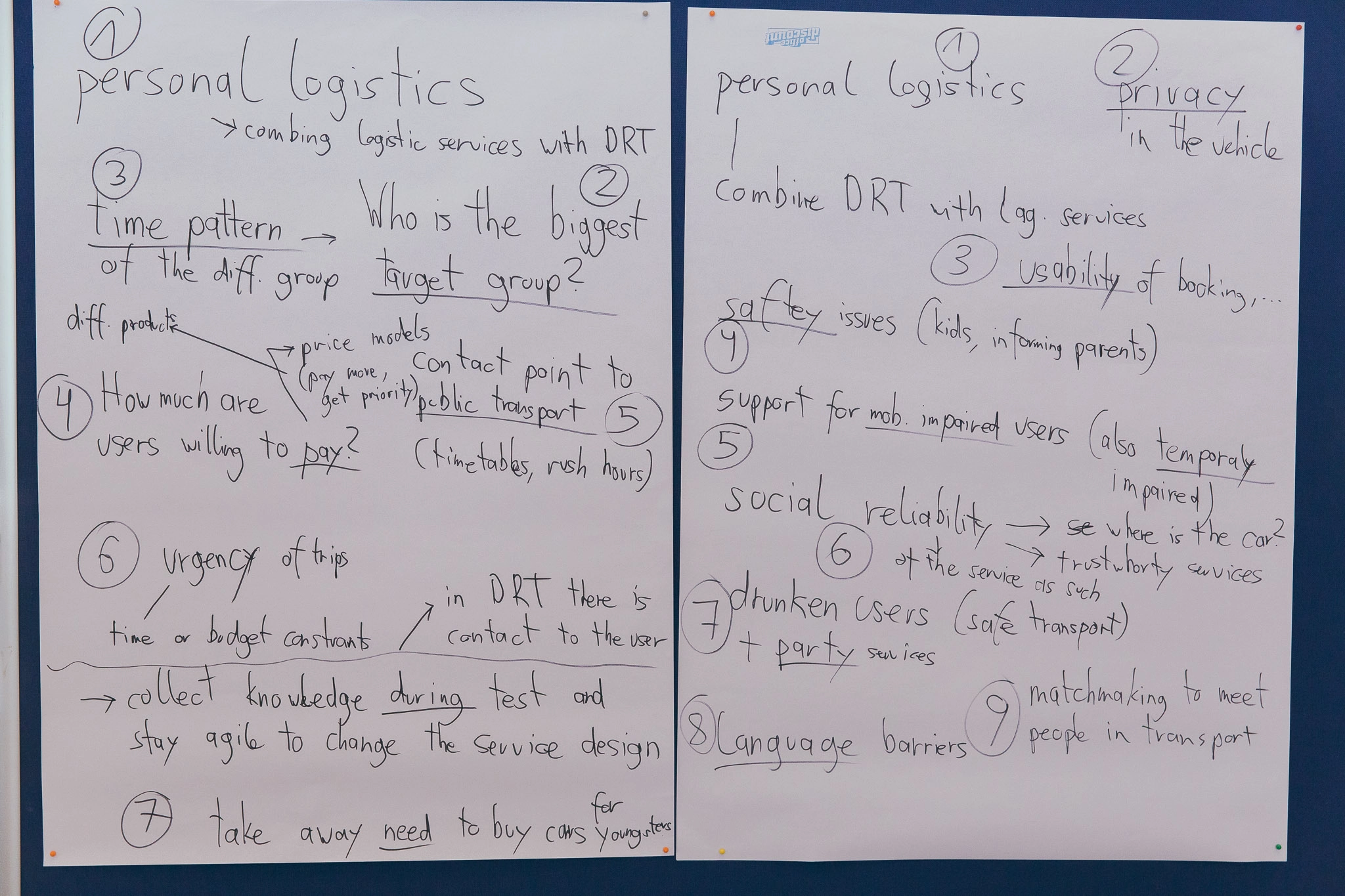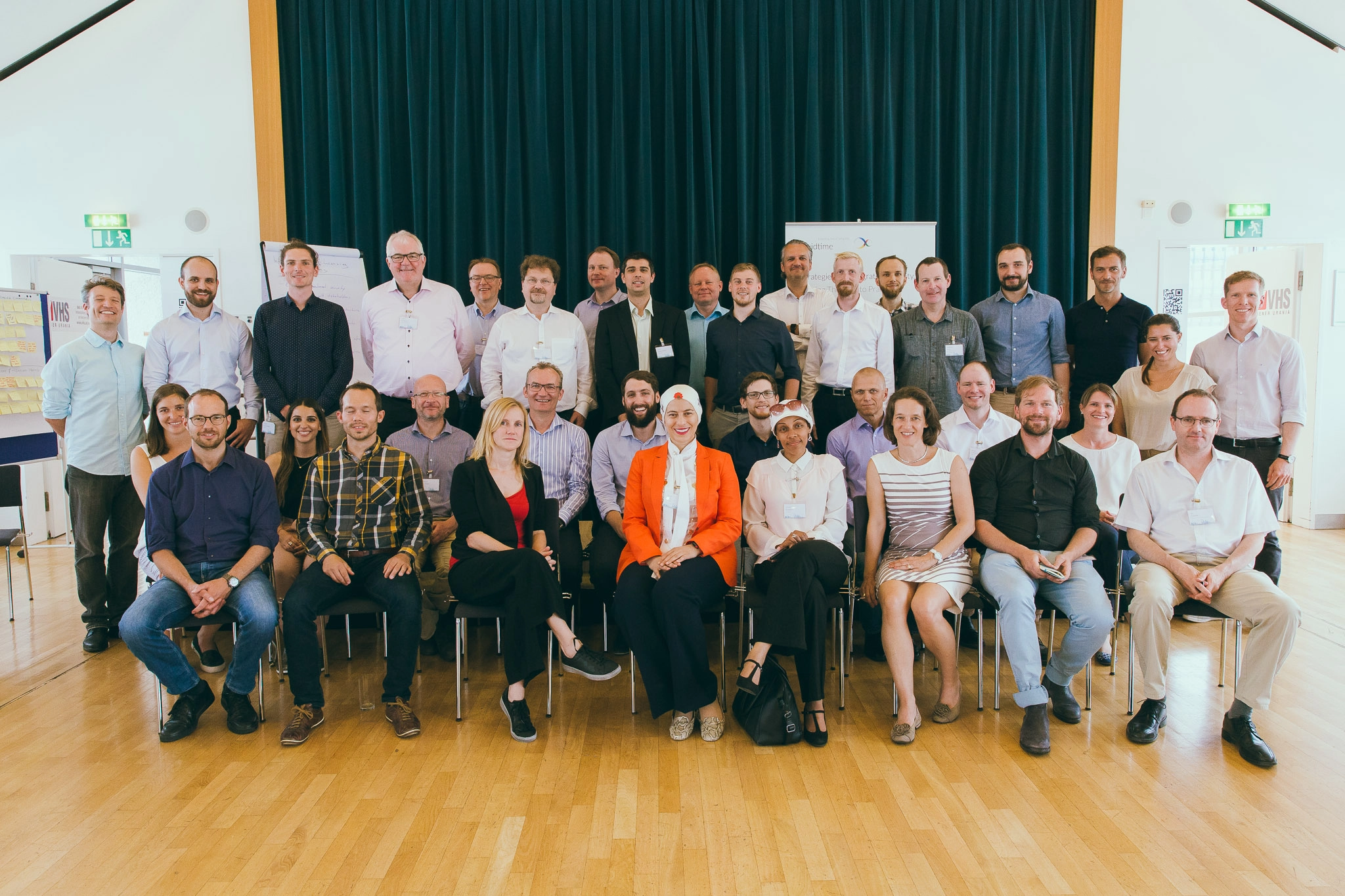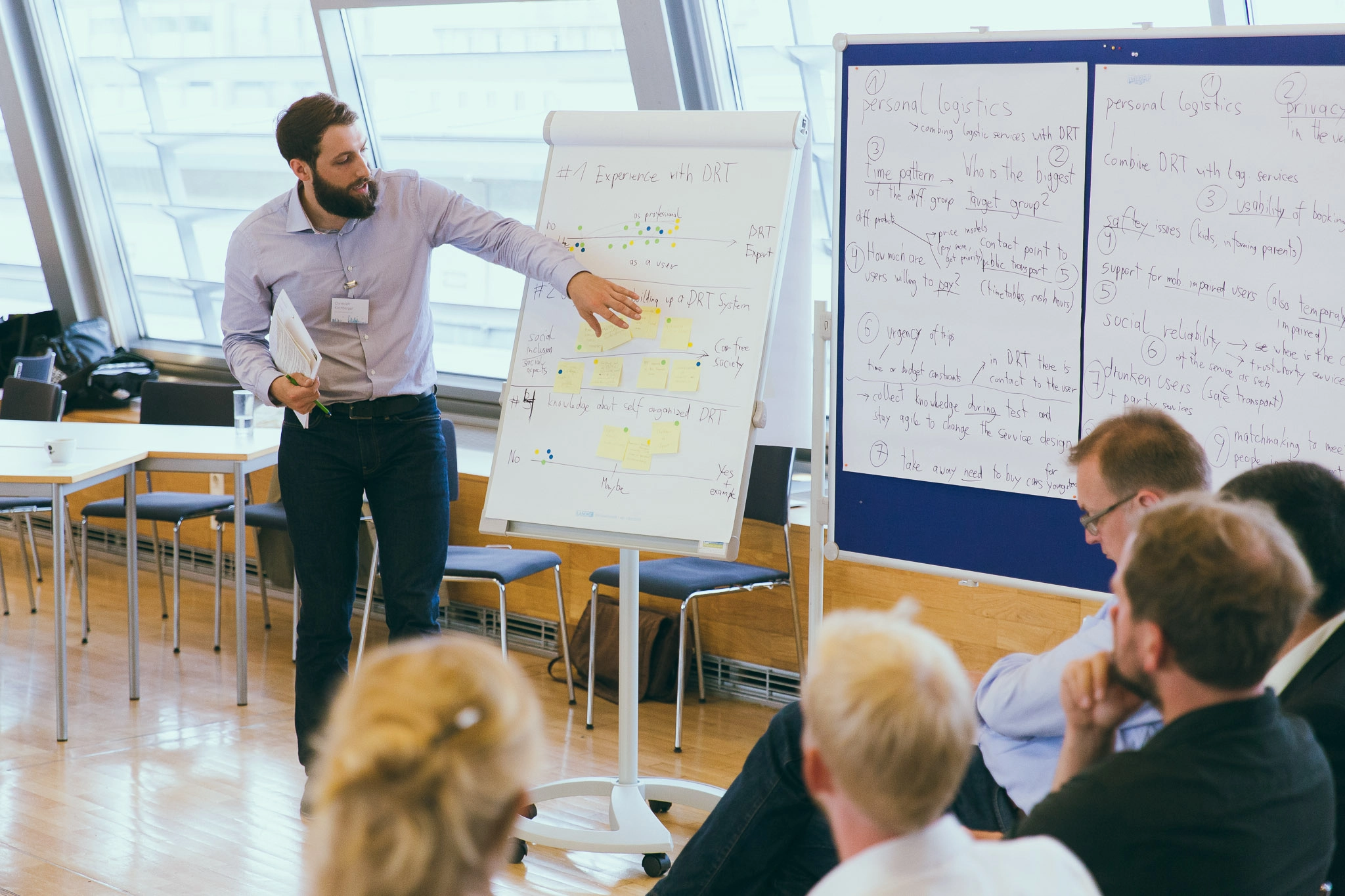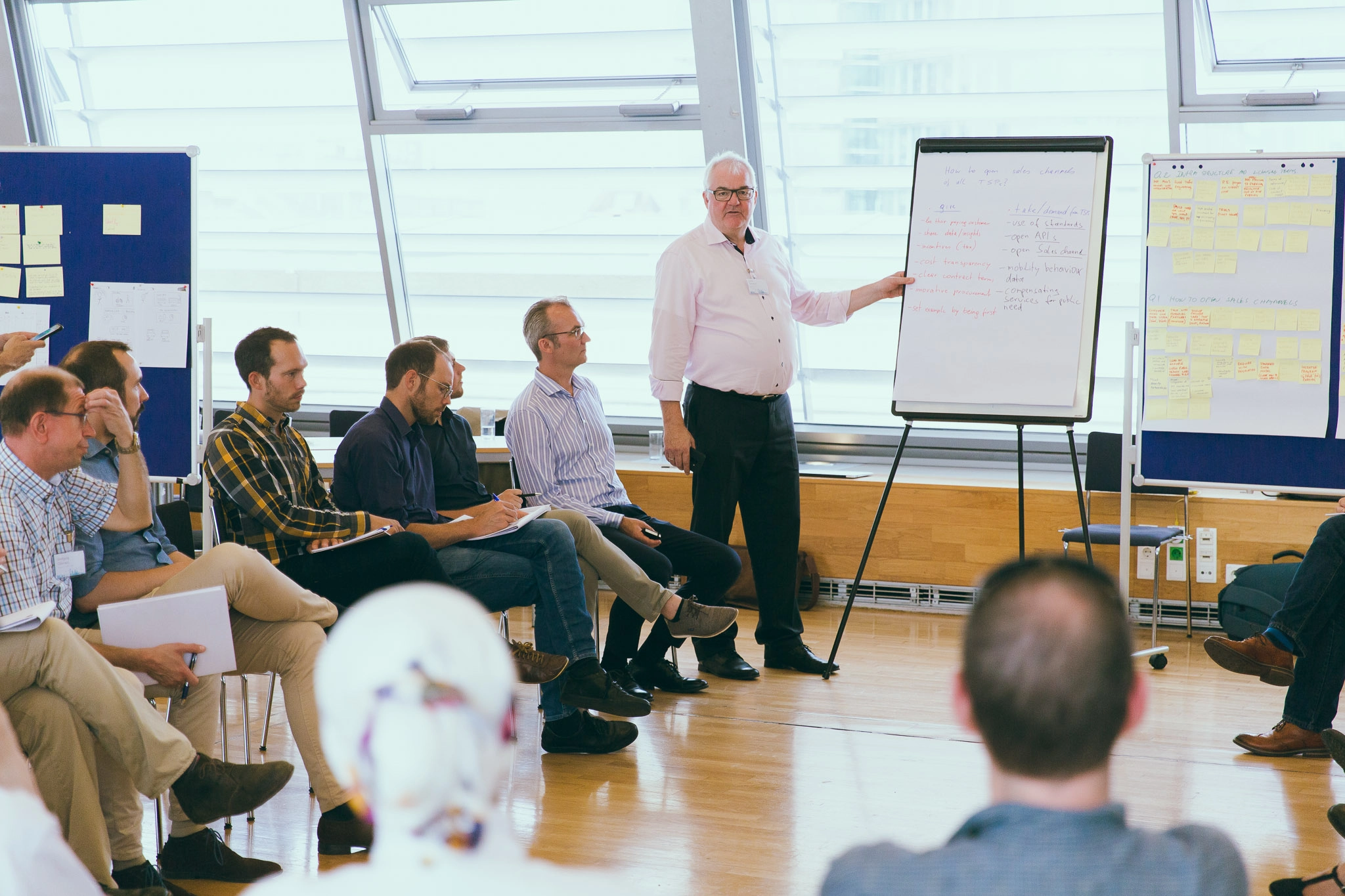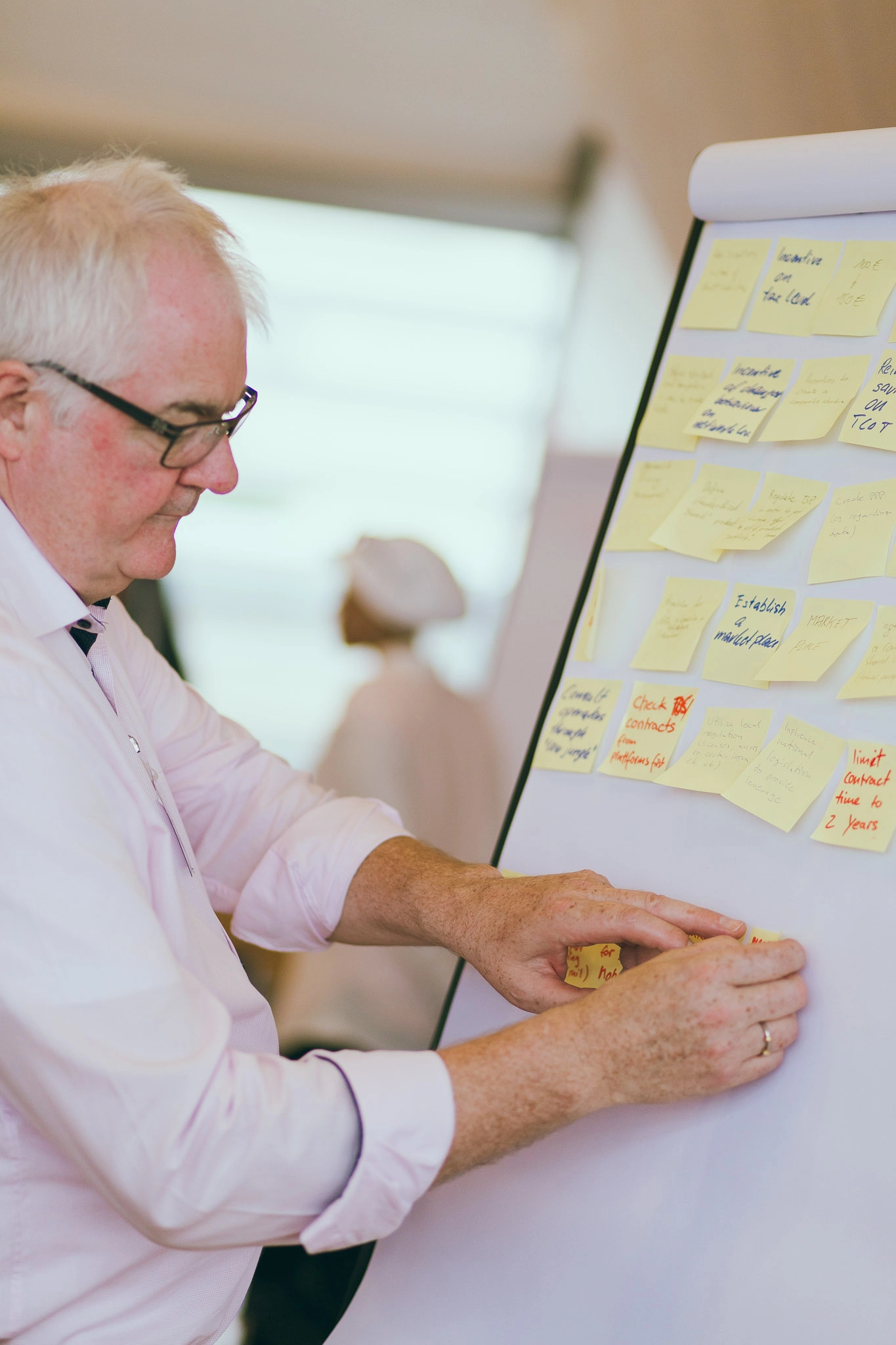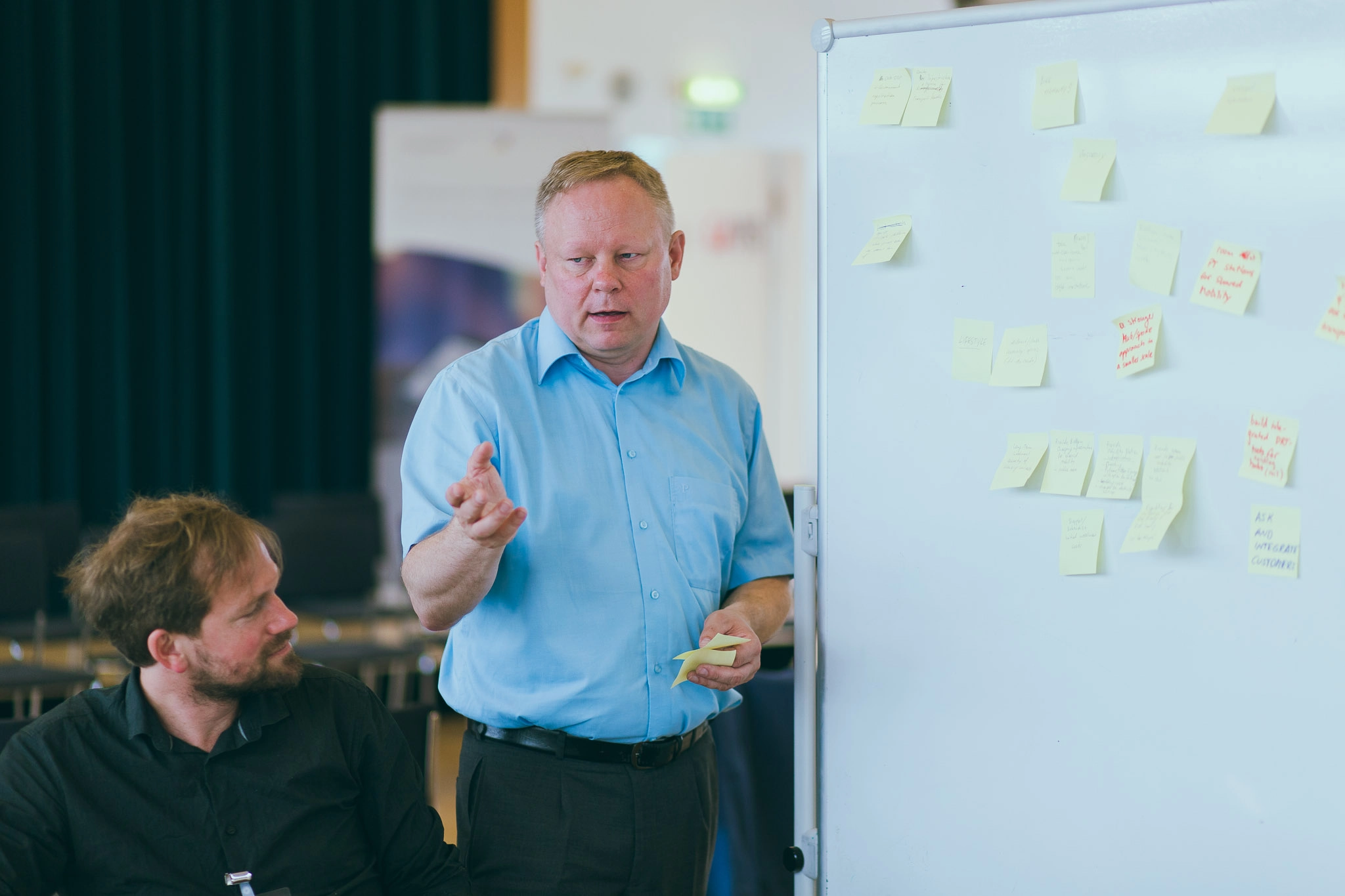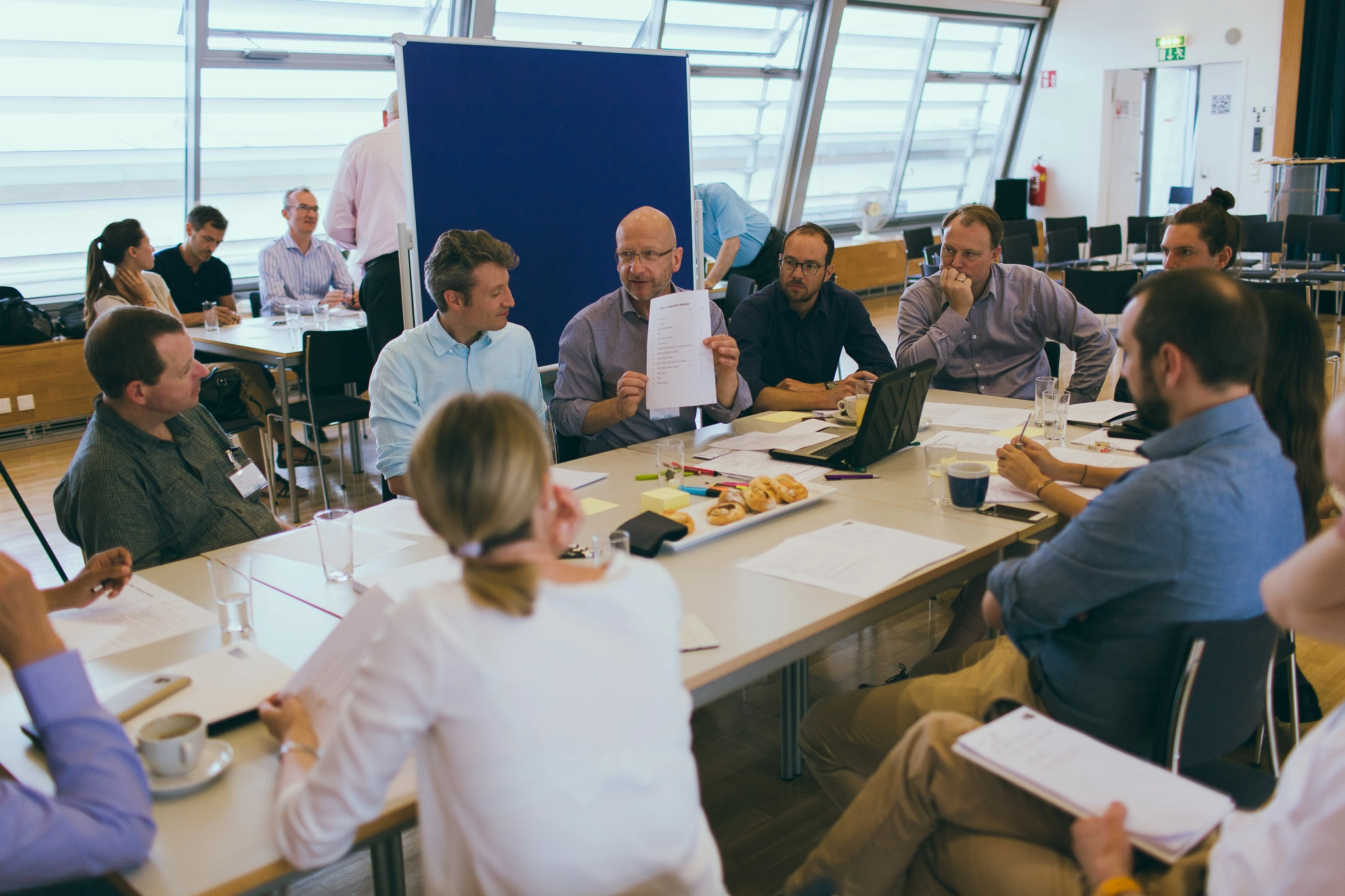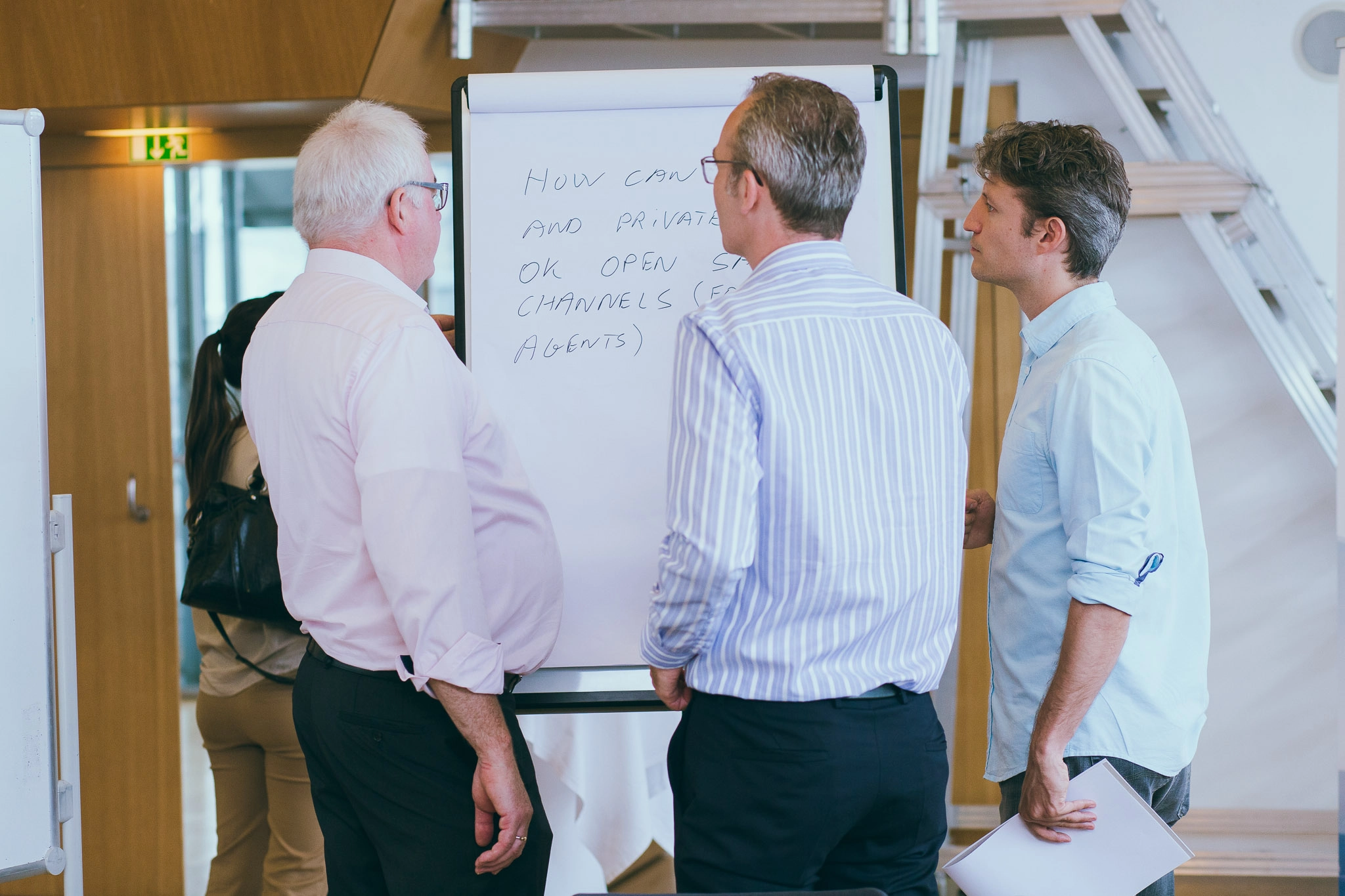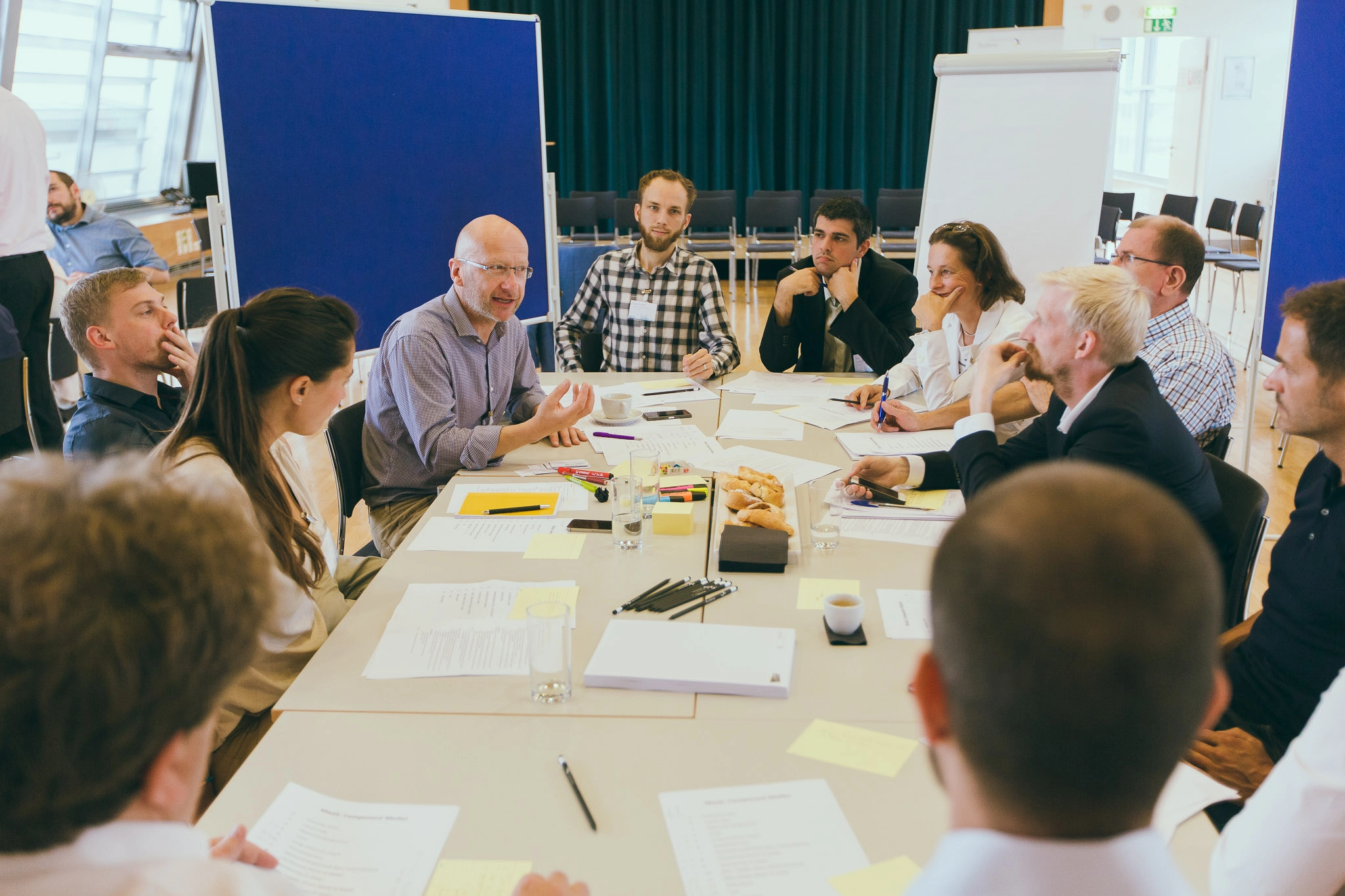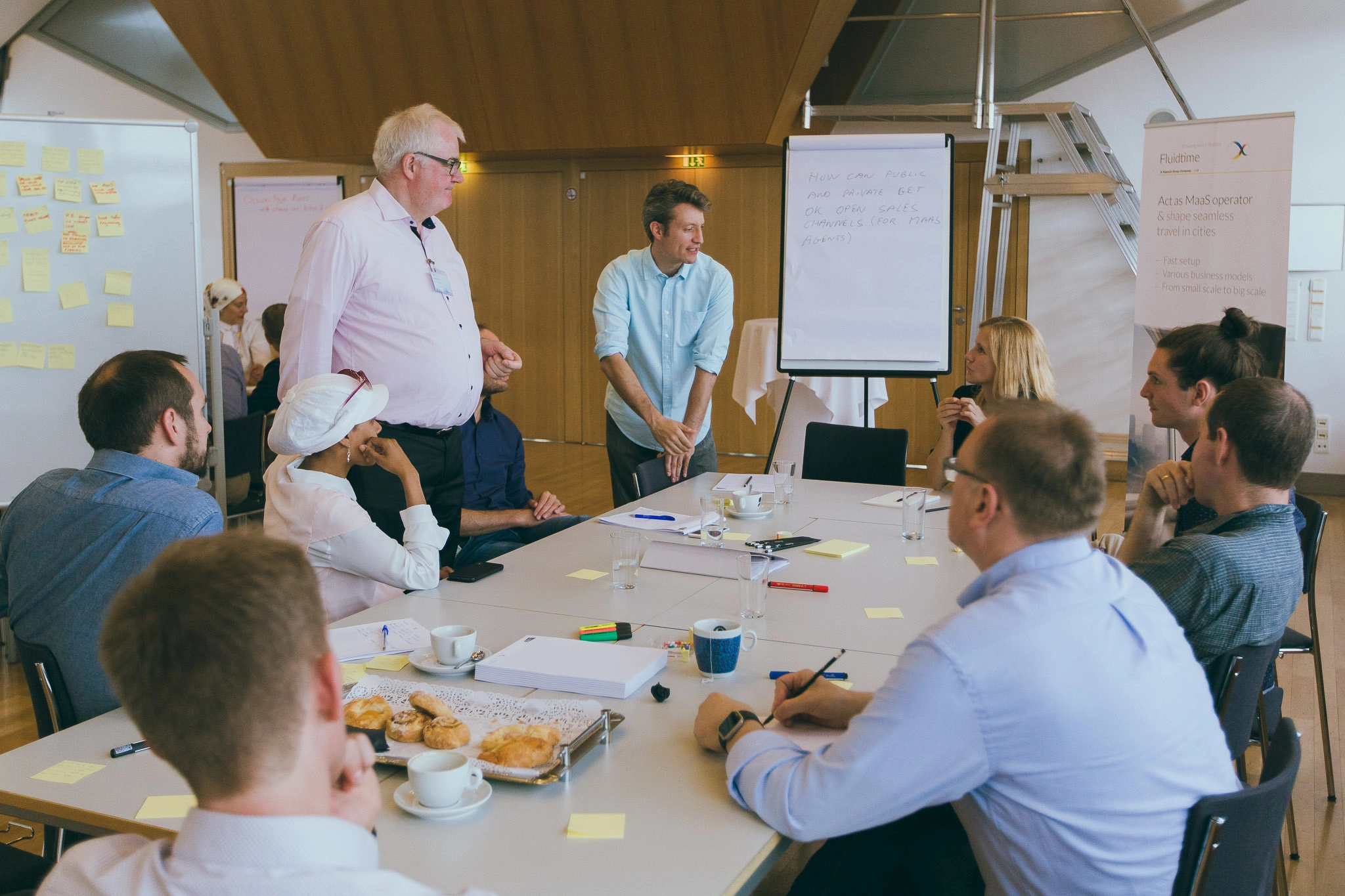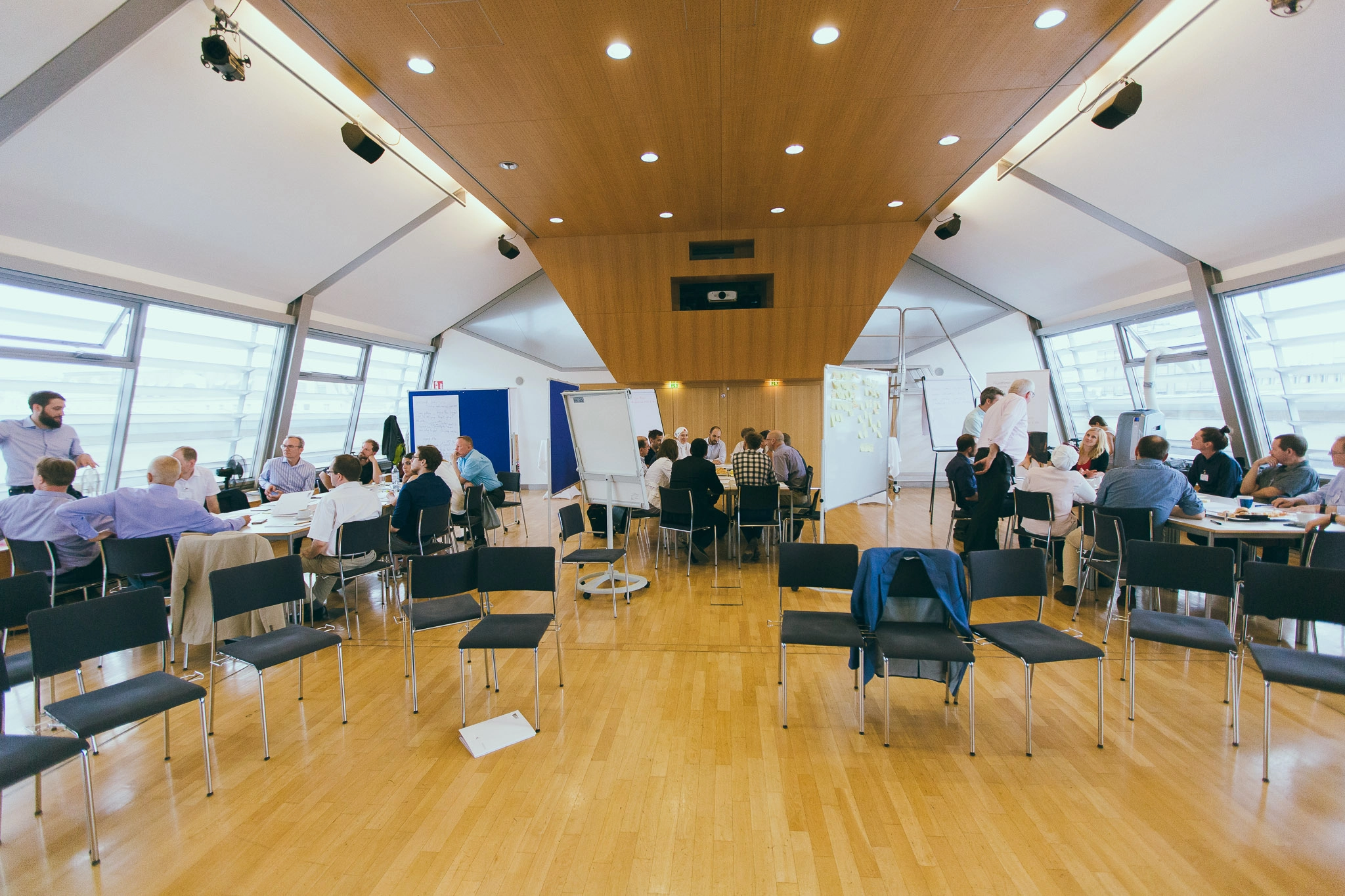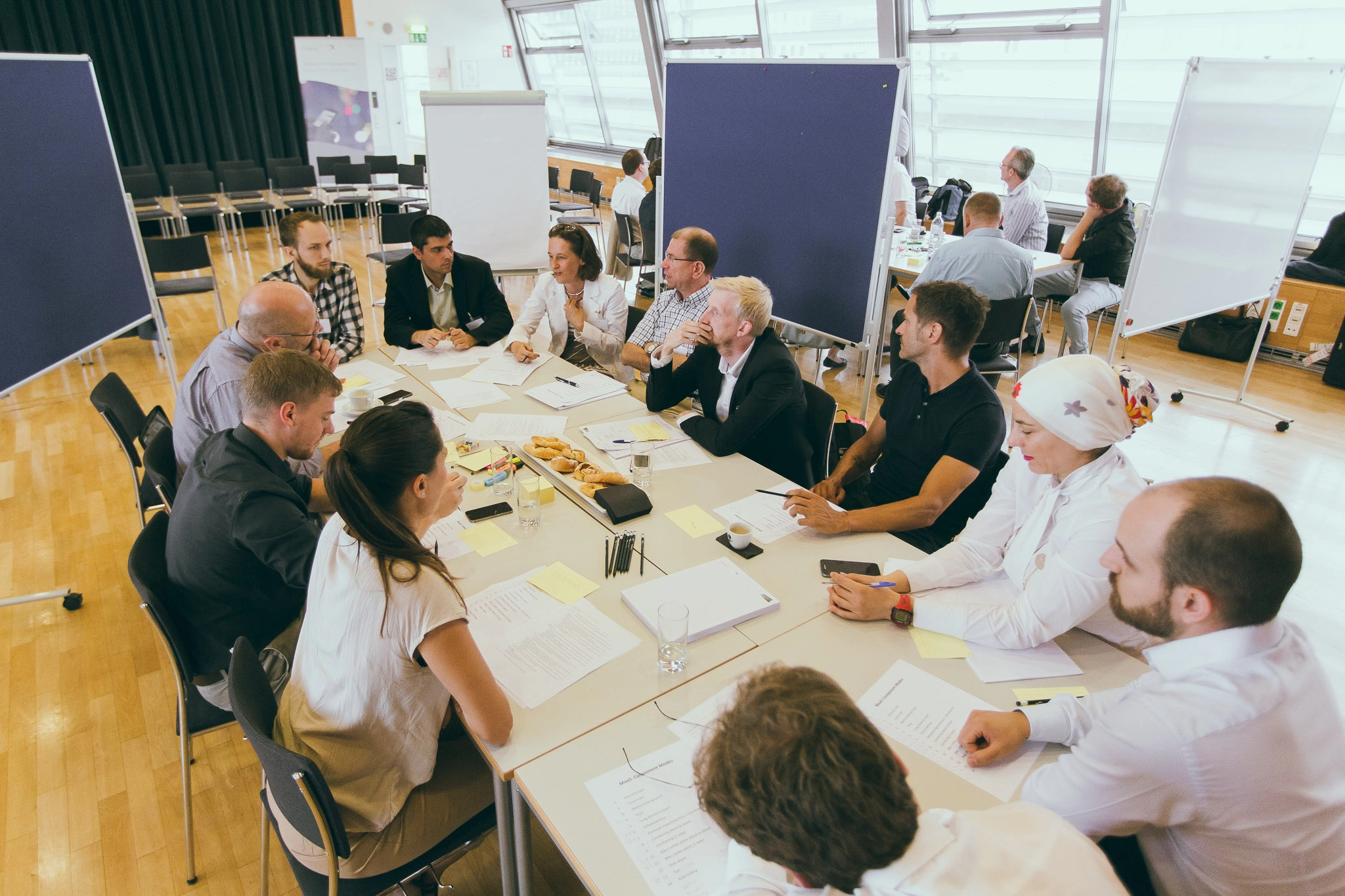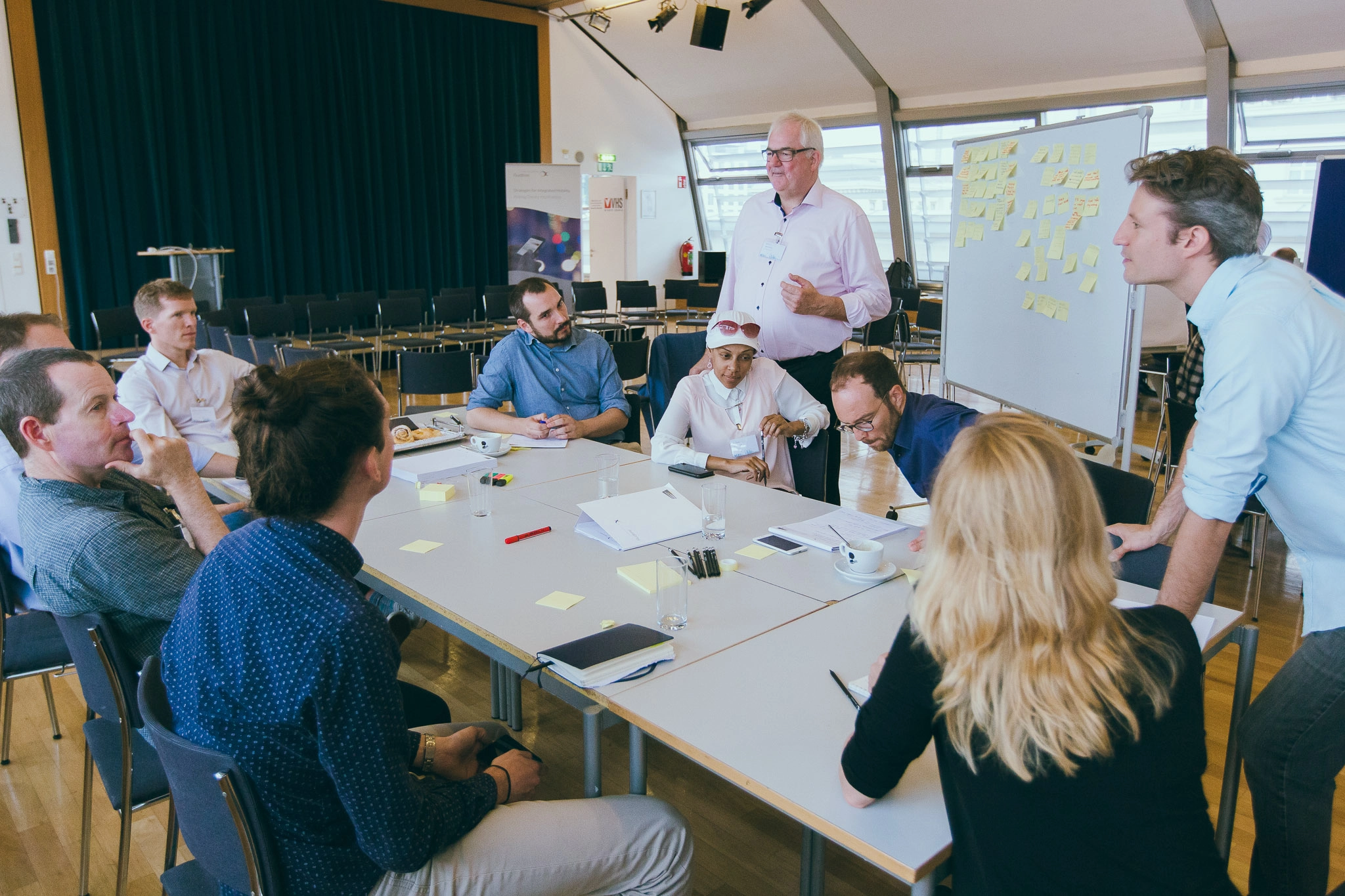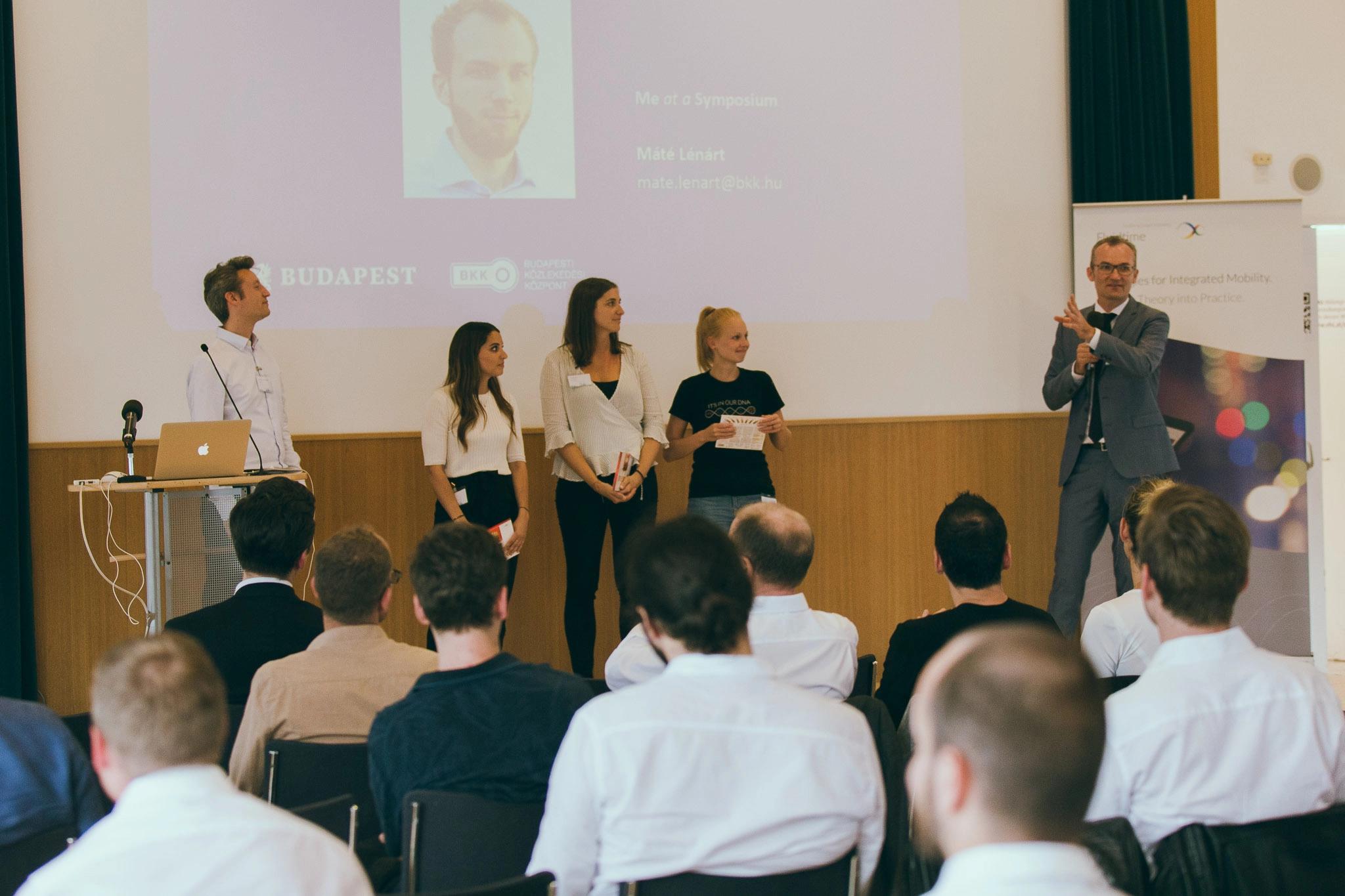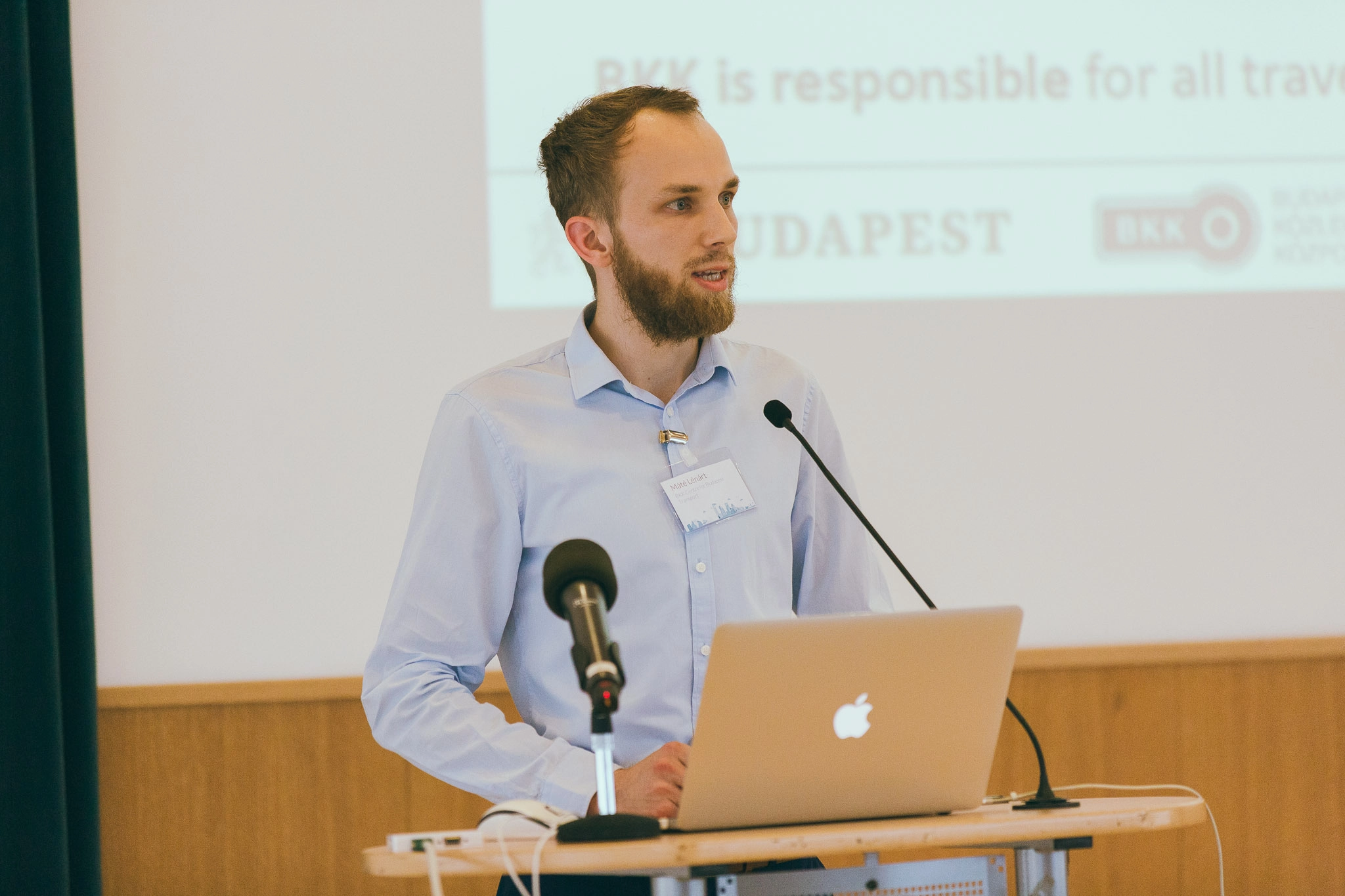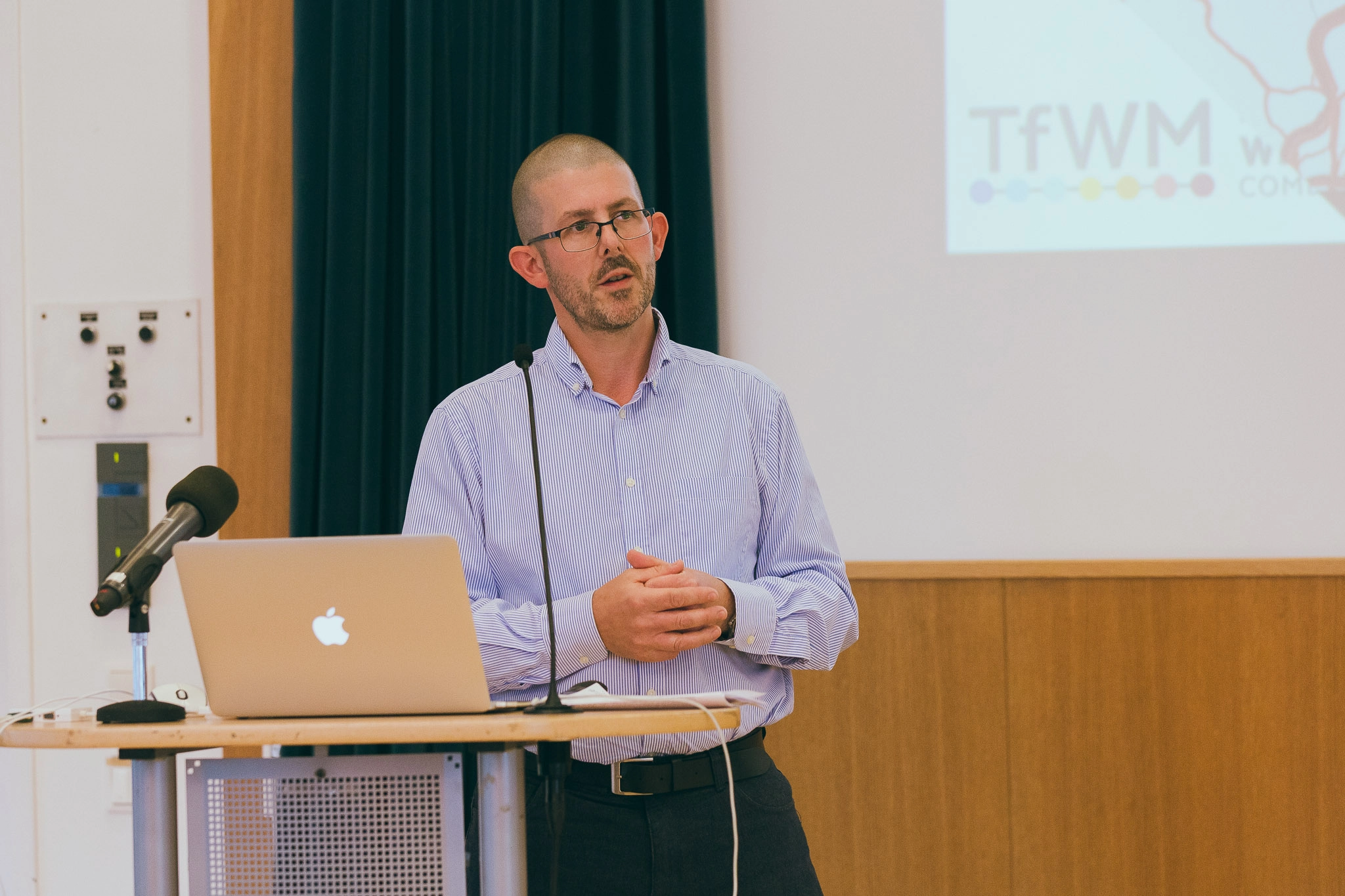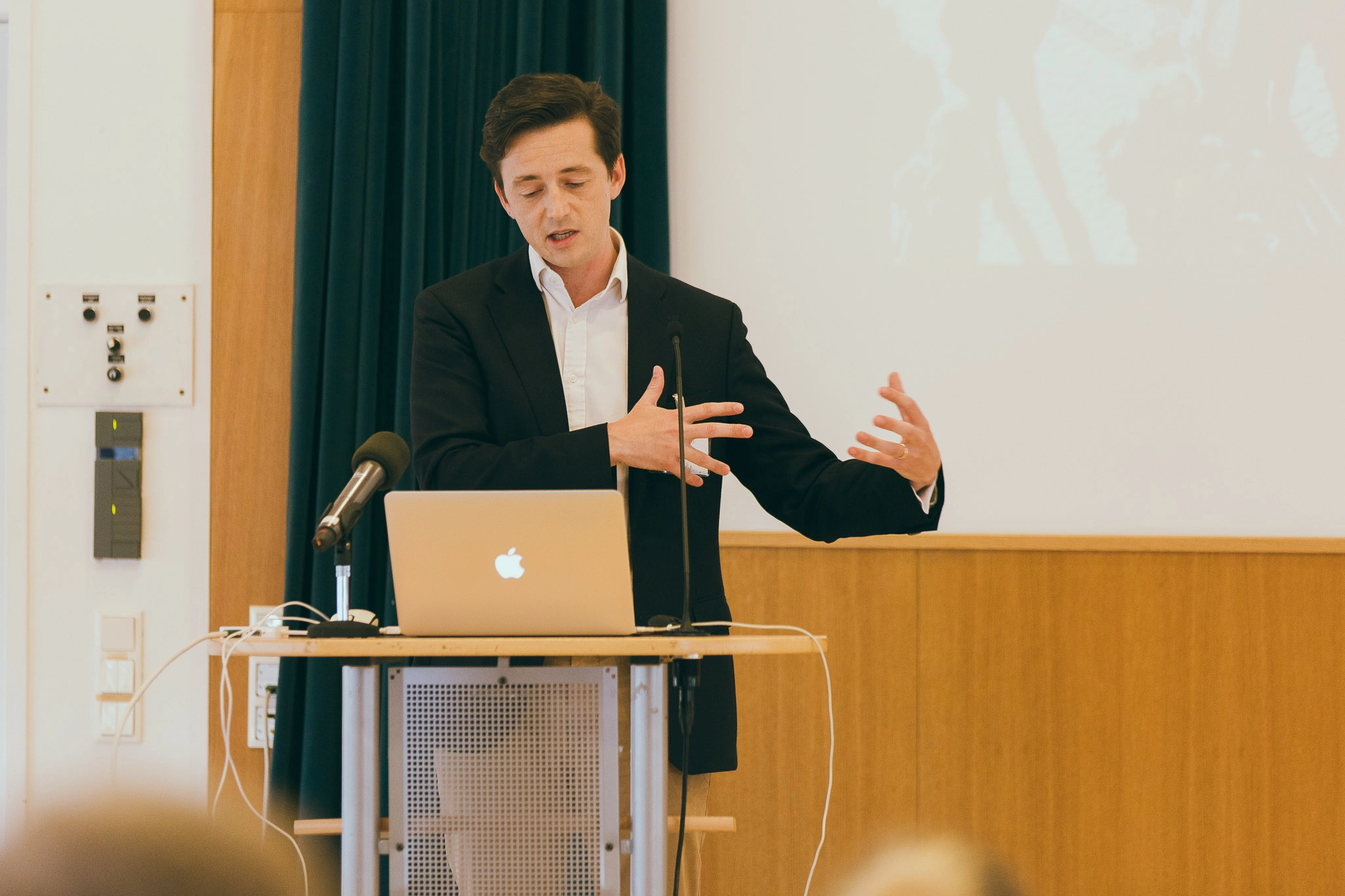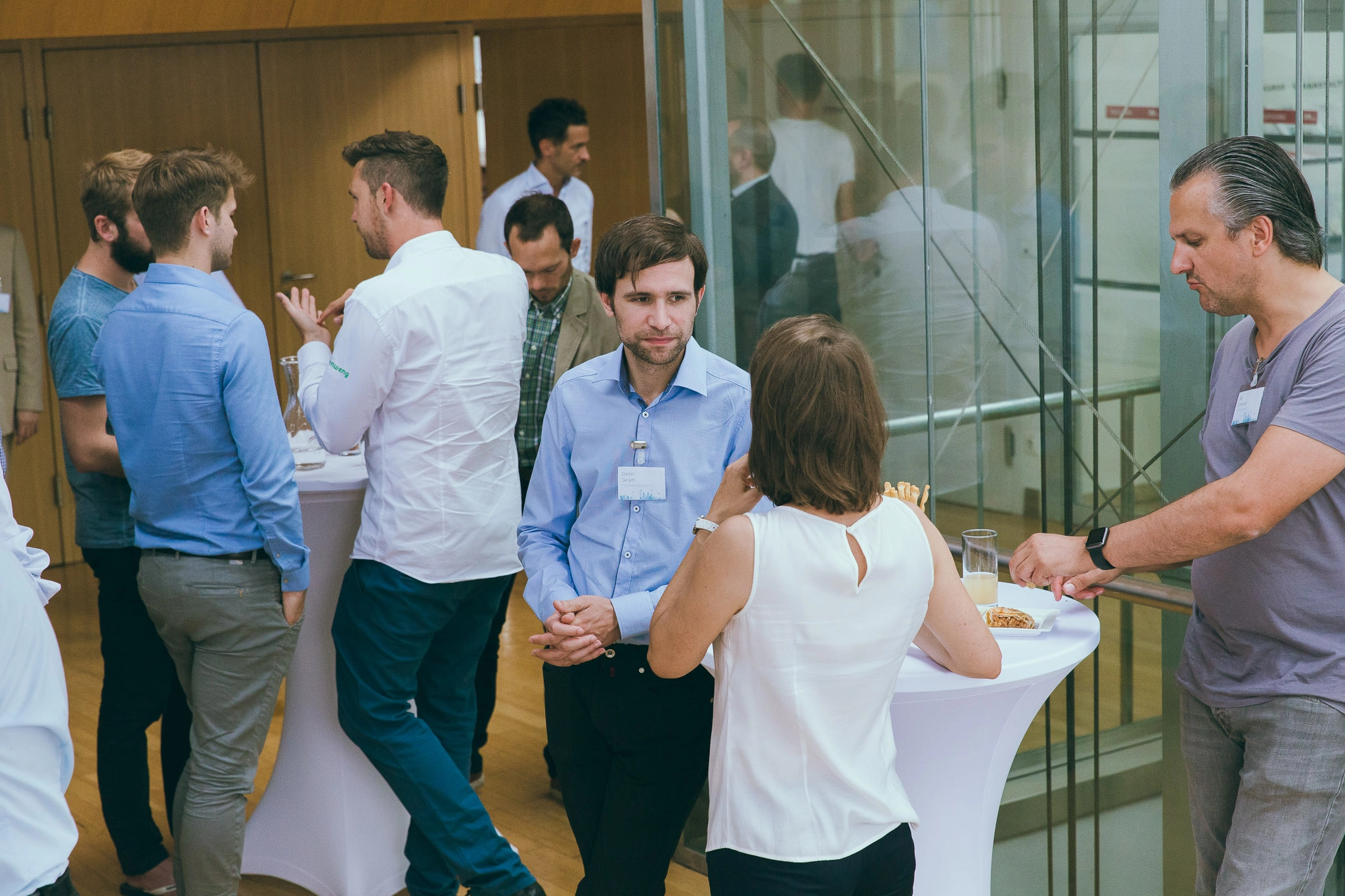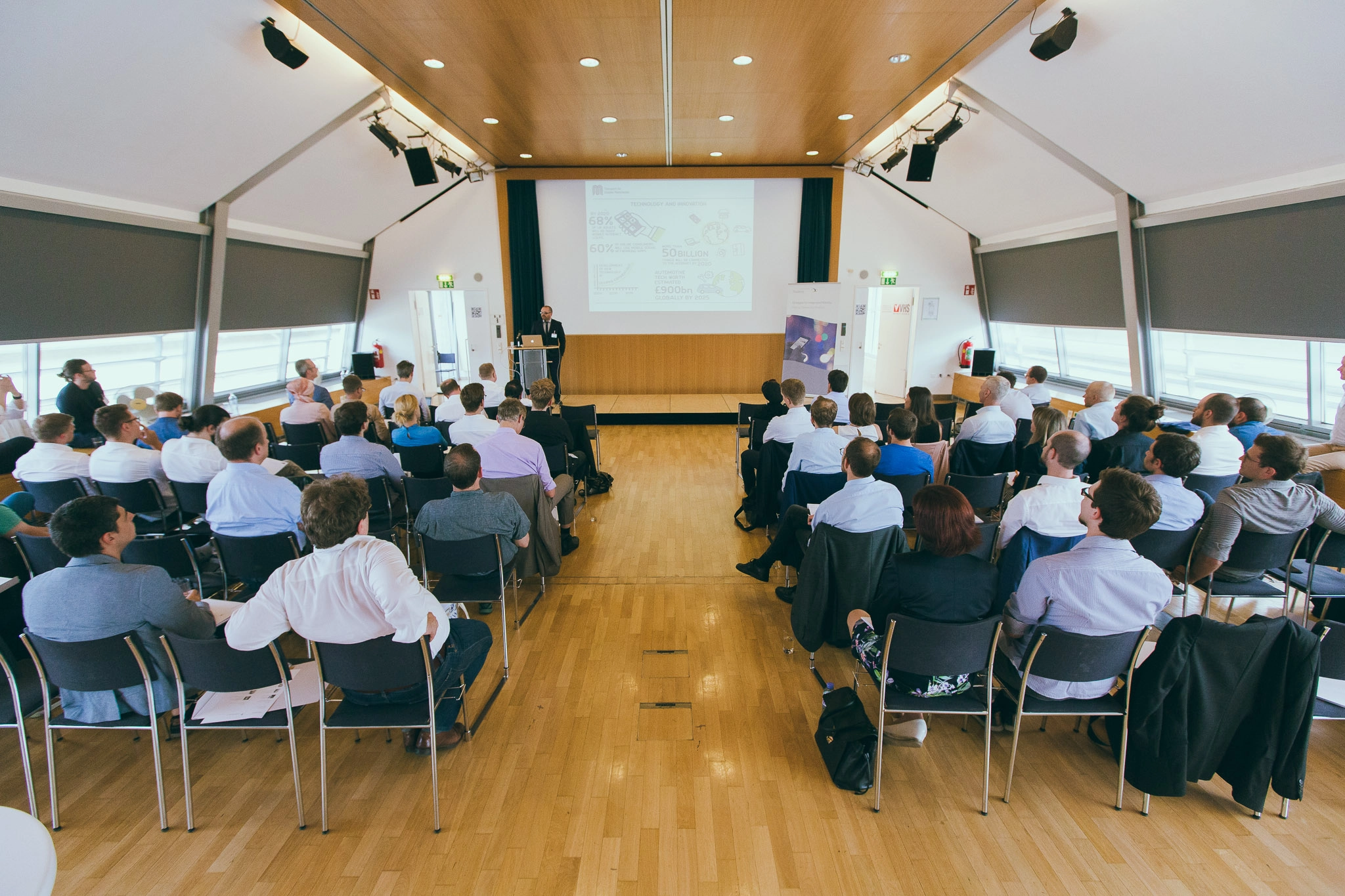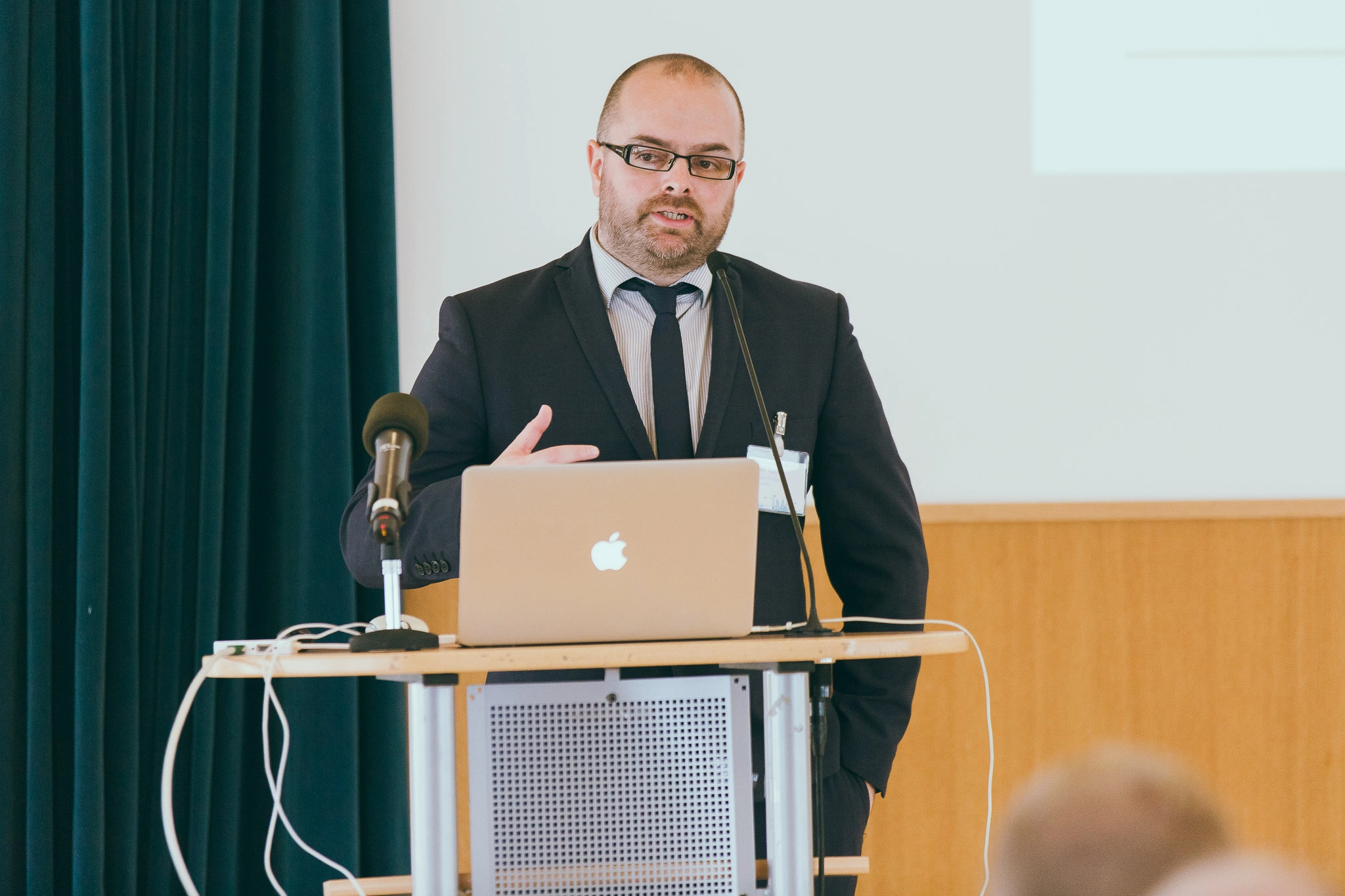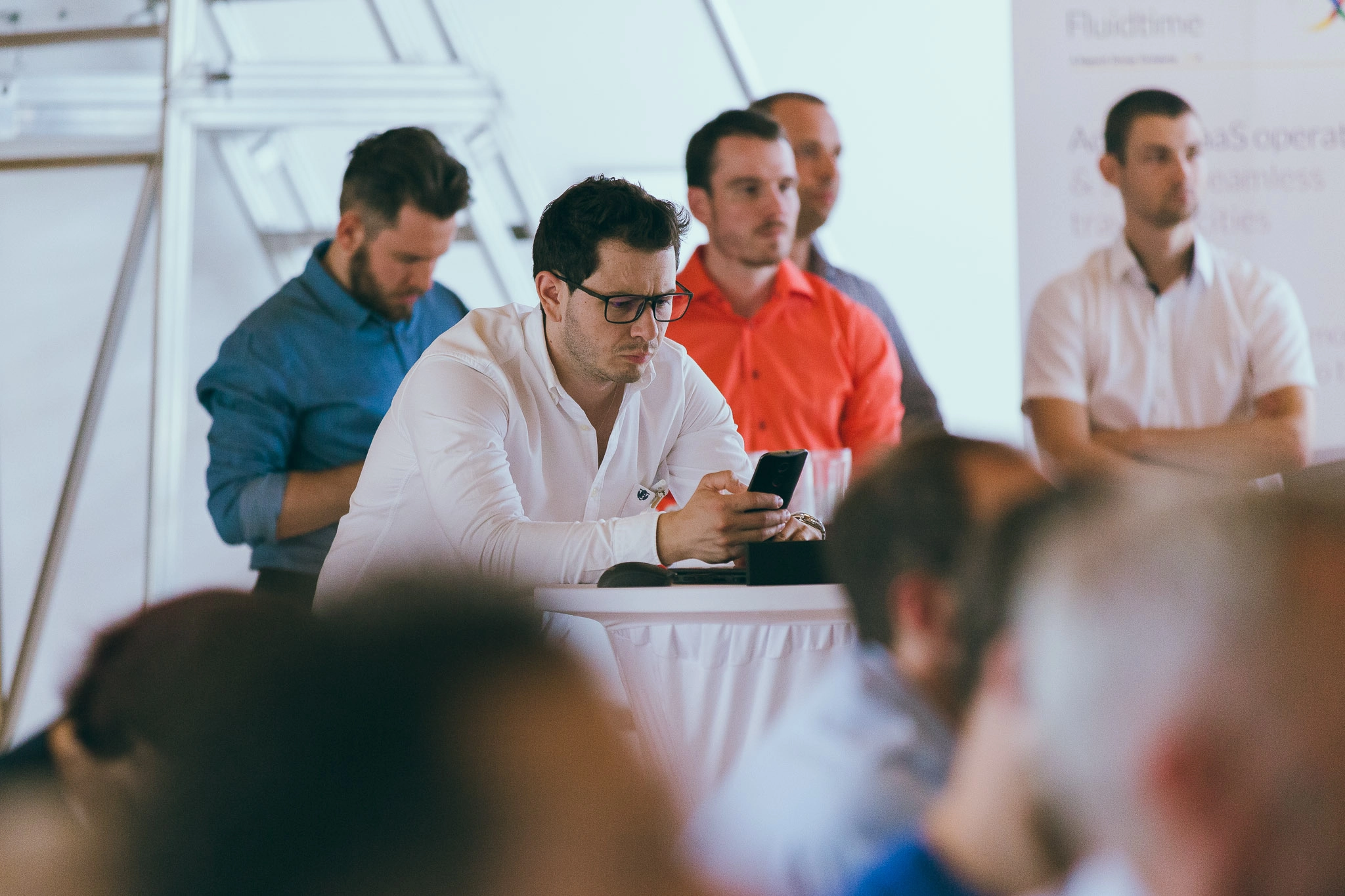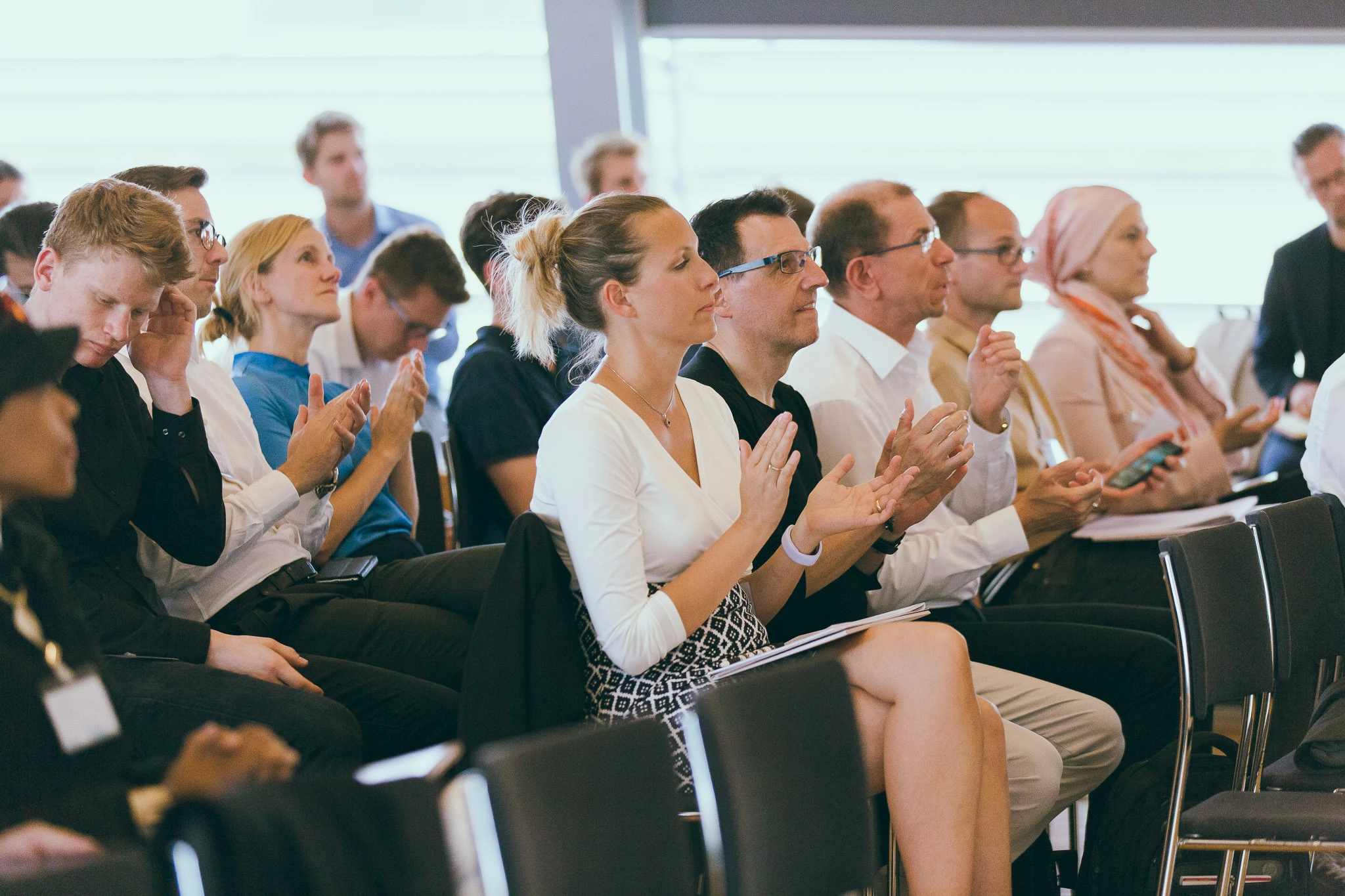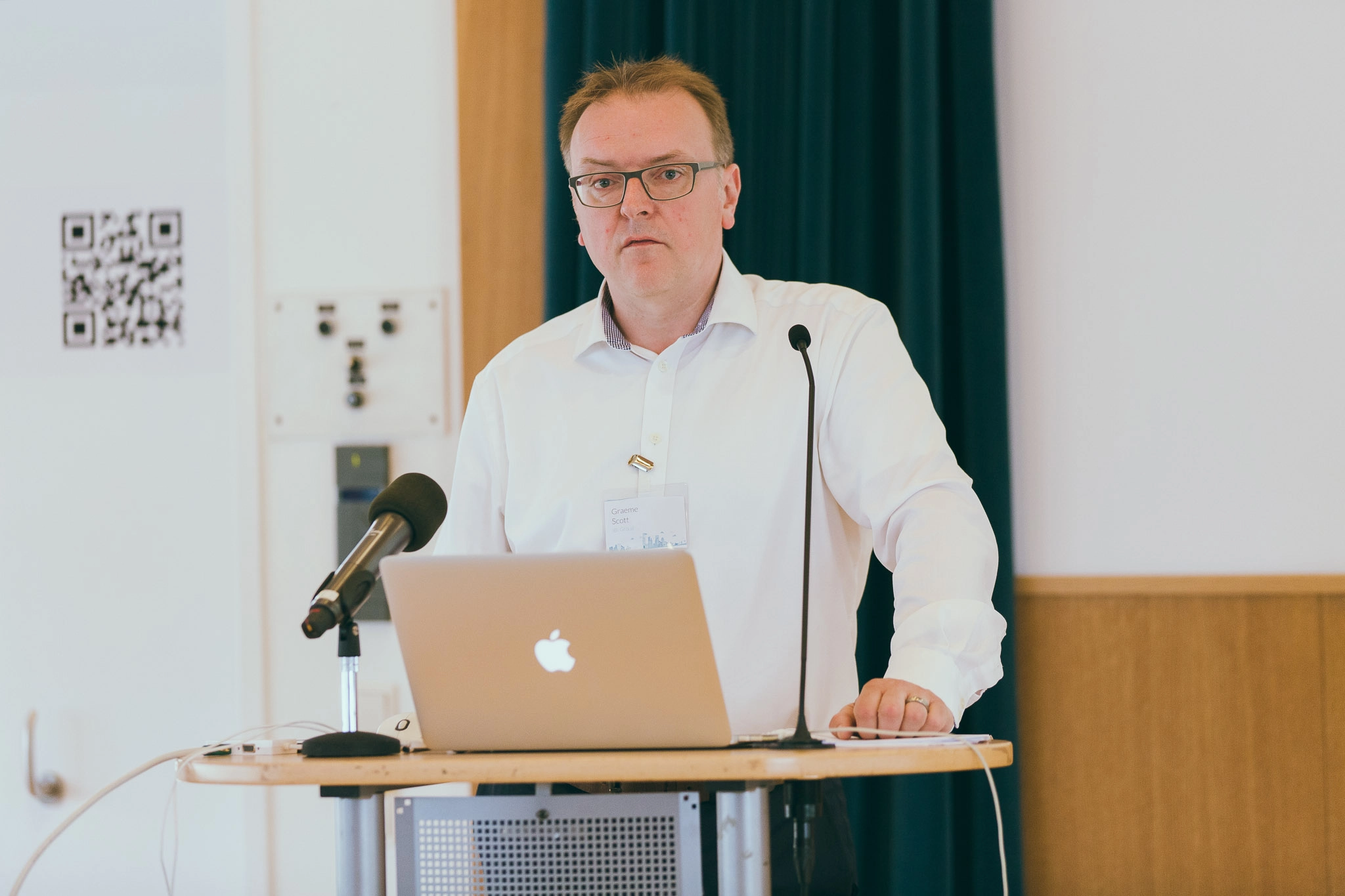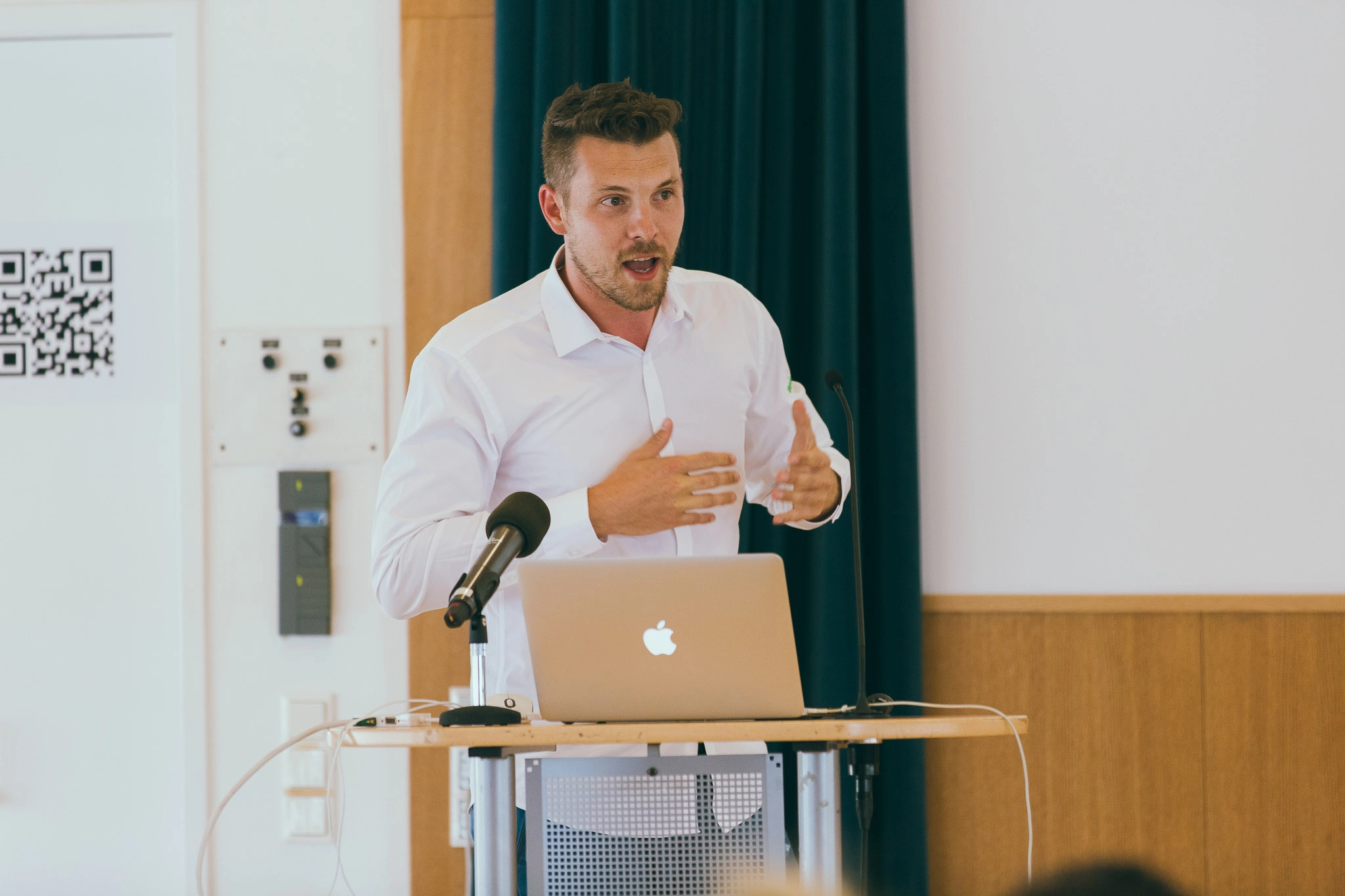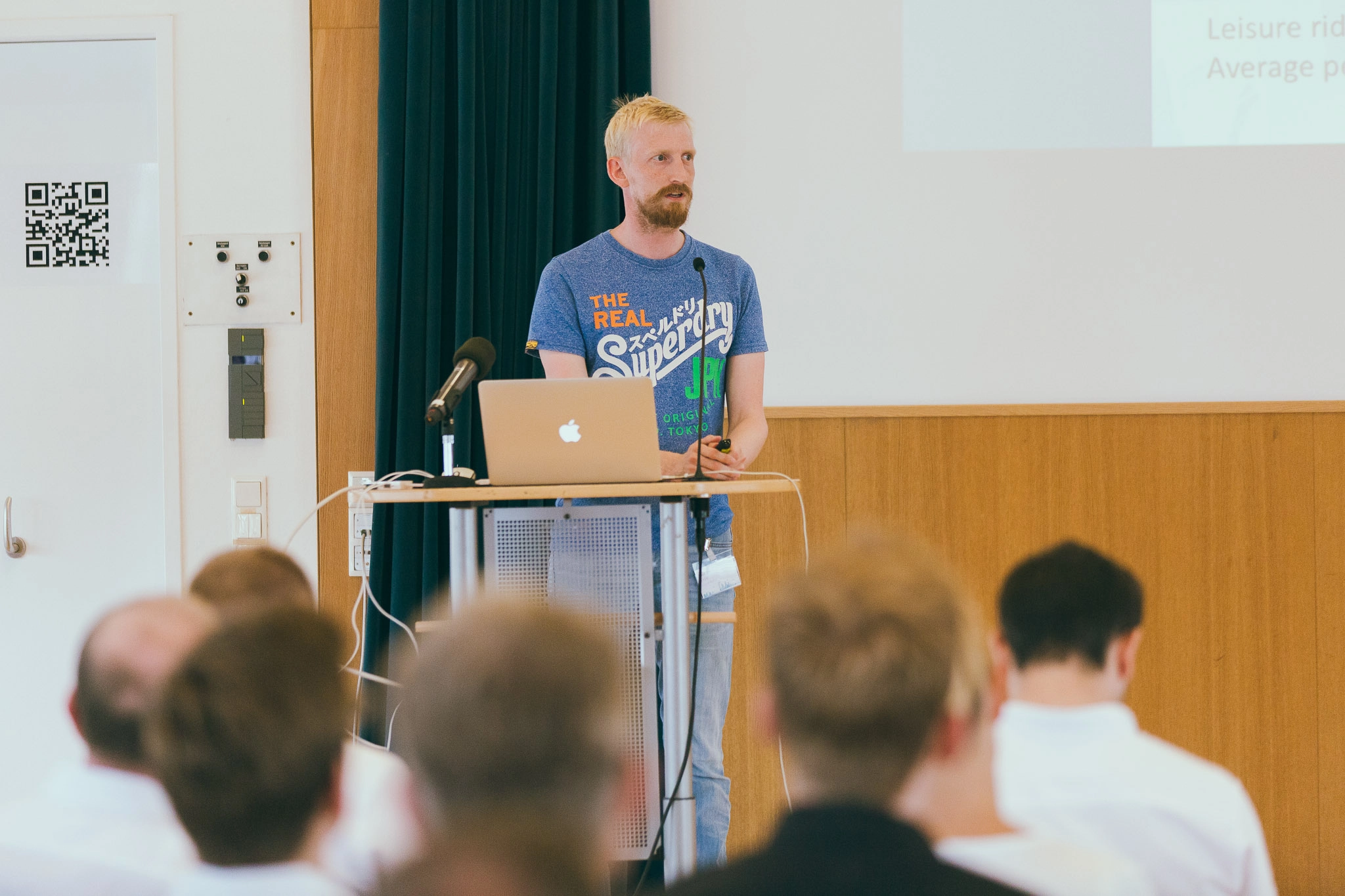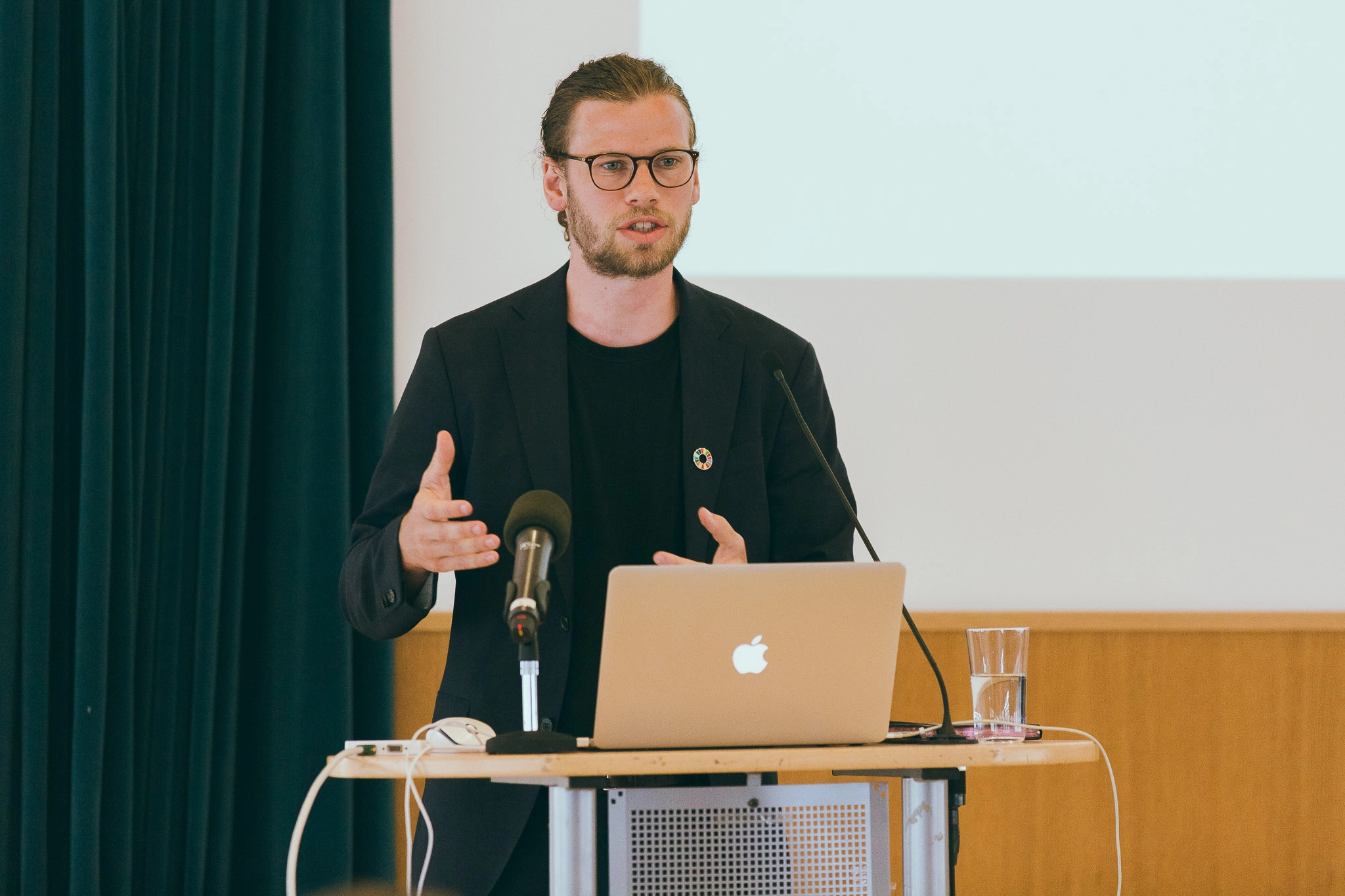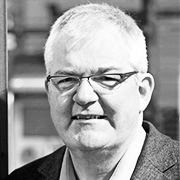Fluidtime Symposium 2018
MaaS meets City – When seamless travel becomes reality.
International transport & mobility experts, especially from the urban environment, met on 7 and and 8 June 2018 in Vienna to present their best practice examples of MaaS in cities and regions.
Fotos © Thomas Unterberger / www.superberg.at
Speakers of the Symposium 2018
Session 1: A city’s daily agenda – obstacles, aims and food for thought
For public authorities, the responsibilities and tasks related to mobility, such as providing good access to an affordable public transport network and reducing urban traffic, are diverse. Road development and the management of parking spaces – cars are still the preferred means of transport in the city – are also among the tasks. At the same time, cities must protect the environment and save money. How much does inefficient mobility cost a city? What does it take to change the mobility behaviour of the inhabitants? Which incentives would bring more transport services into a city? And what have the cities done so far – could the situation be even worse?
Session 2: Cities as part of the MaaS ecosystem
Within the MaaS ecosystem, cities are more than just the place for MaaS projects to be implemented. They need to take a proactive role and provide the prerequisites to allow MaaS initiatives to develop in the best possible way. They should function as a guide, providing orientation through guidelines; as an investor subsidizing projects or as a leader, setting examples to inspire followers. Do cities have to play an active role or does it suffice to let the free market evolve? What are the biggest achievements, challenges and threats?
Best practice projects and their impact on cities
Mobility Service Providers are working intensively on the development of MaaS solutions that may significantly change urban mobility. They are still at an early stage in this process, without much experience and only a small number of comparative results. Carefully selected best practice projects present their first milestones and provide insights into their solution-finding processes, business models and implementation structuring. Attention will also be paid to the impact on cities (social conclusions, cost savings, change in the quality of life, and much more).
Session 4: How cities profit from being a MaaS incubato
A MaaS ecosystem profits from a wide variety of mobility solutions. Every solution starts with an idea – for example, the wish to change the way of travel or to provide an additional service to a specific group of people. Just an idea is not enough for a roll-out though: Startups and organizations need to define use cases, find cooperation partners, create reliable business models and develop frontend solutions. But where do they start? Incubators provide assistance by securing technical and financial support. What does it take to become a MaaS incubator? What do new businesses need to develop a MaaS pilot project from scratch? How can cities encourage MaaS solutions? What can we learn from successful startup hubs?
Workshops
Friday, June 8, 2018
Alistair Kirkbride
Executive Director | Carplus
Co-mobility as an enabler for MaaS
Car share and bike share are links that knit together journeys for users of MaaS. With ride sharing, the flexibility and independence of co-mobility services complement scheduled public transport to facilitate MaaS-enabled mobility lifestyles; they are the oil that makes MaaS engines work. So what does ideal co-mobility look like in MaaS? In other words, what mixture of services would provide mobility lifestyles that are more compelling than private car use? What are user benefits of co-mobility services that mean that in MaaS they are more attractive that car ownership? Who uses co-mobility services – and who doesn’t? What are the implications of this for the potential market reach of MaaS and why does this matter?
It basically covers three points – (1) ideal mixture of services – and how to determine this, (2) user benefits and (3) market reach.
Christoph Kirchberger
bedarfsverkehr.at
Demand responsive transport – why we need to understand the local mobility behaviour and how self organisation can be a key
As the word demand is already part of the name of this form of transport, we need to gain better understanding regarding the mobility needs and obstacles of potential users to be able to design the right kind of service. We will shortly discuss central elements of demand responsive transport and their range of forms. In depth we will try to highlight opportunities, challenges and borders of self organized forms of demand responsive transports and how they can secure identification with and use the service.
Søren Sørensen
Consultant | SFMCON Denmark
How a MaaS ecosystem is dependent on right governance
From a user perspective, MaaS is obvious: In an app, users can get a complete picture of the existing mobility offer, select a route and make the purchase. These decisions reflect real needs. Behind the scenes, things are more complicated, especially when it comes to governance. Every mobility service provider, whether public or private, protects its sales channels and wants to “own” its customers. Can they also feel comfortable sharing distribution channels? Cities traditionally define shared mobility as public transport that is strictly controlled and subsidised. How can cities best rethink public transport – involve private service providers and enable MaaS ecosystems? Monopolies or open marketplace? Private mobility providers must run a viable business in order to survive. How can cities use intelligent governance and create attractive infrastructure and licensing conditions?
More links
Learn more about the topics and speakers of the Fluidtime Symposium from past and upcoming years.

